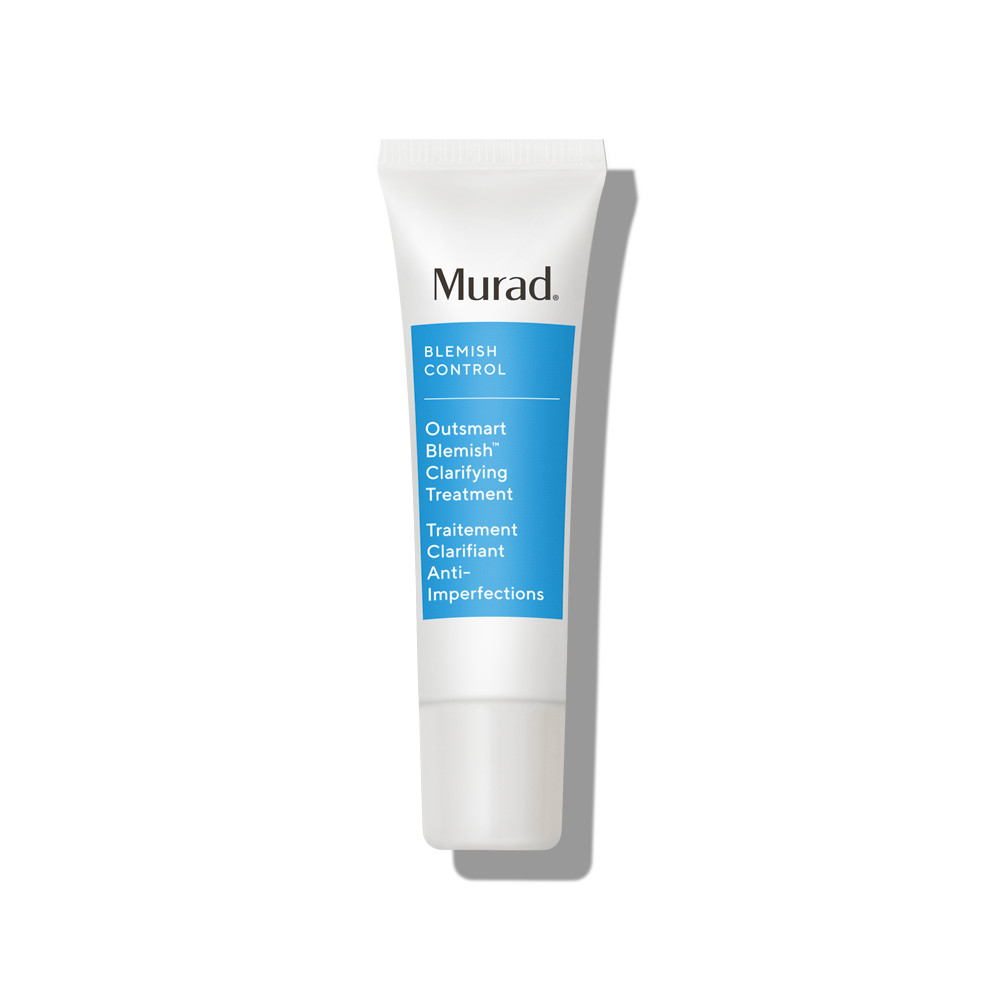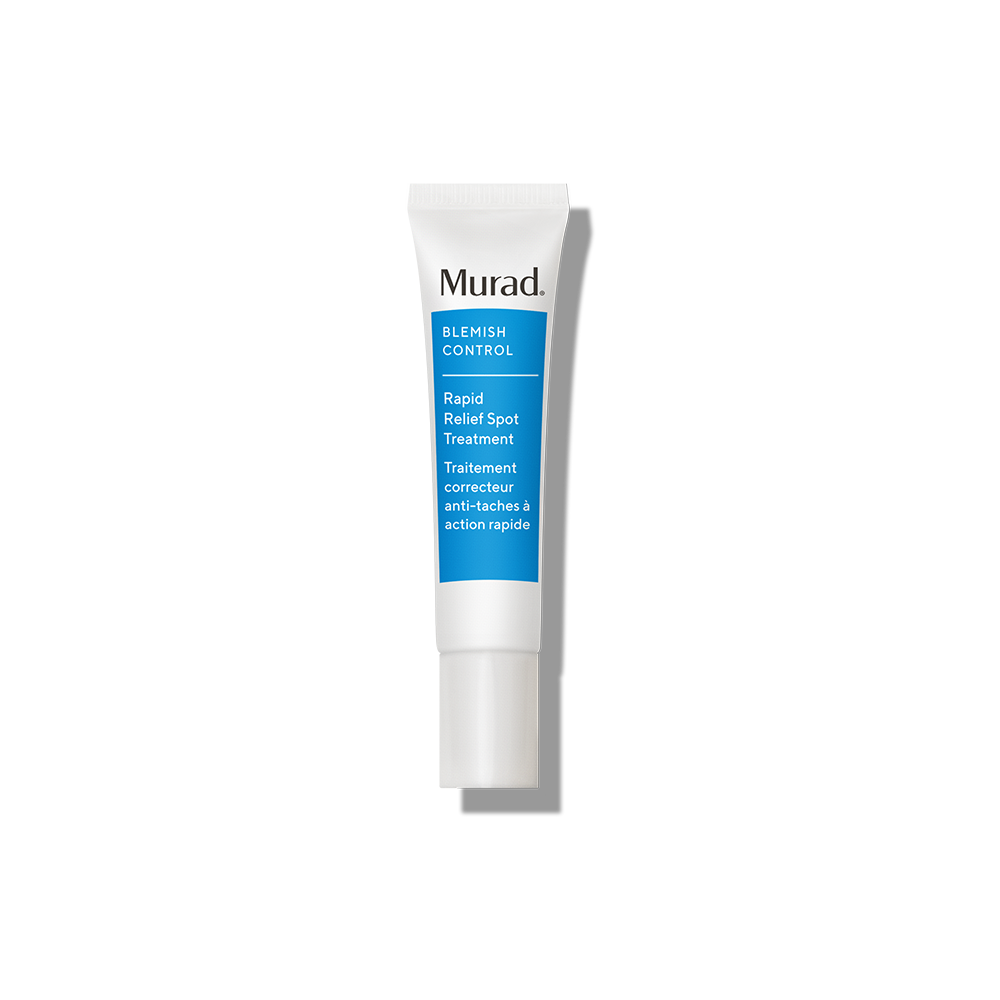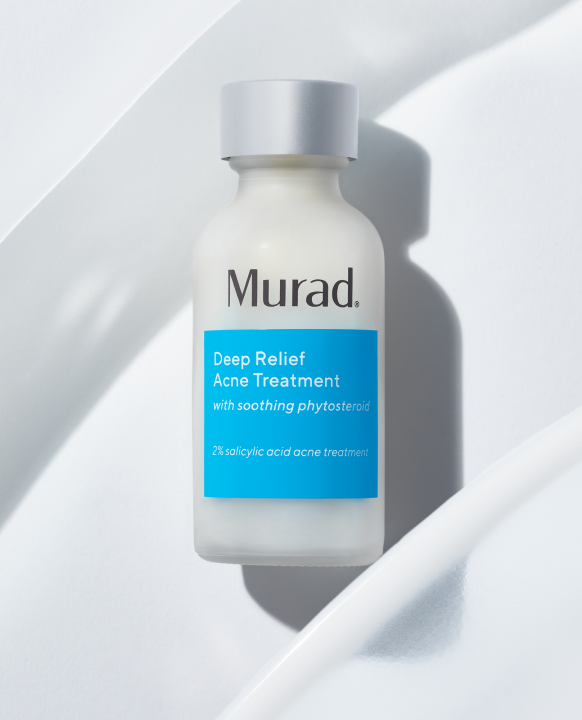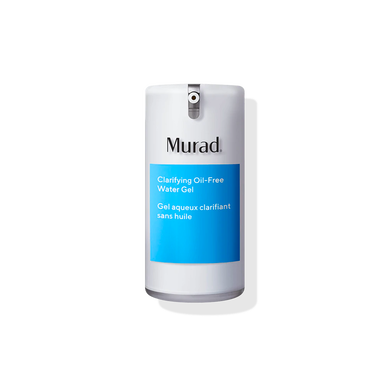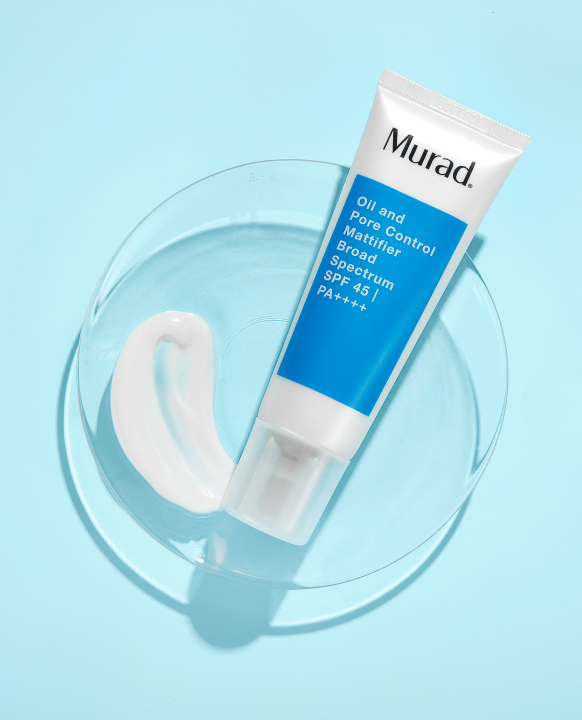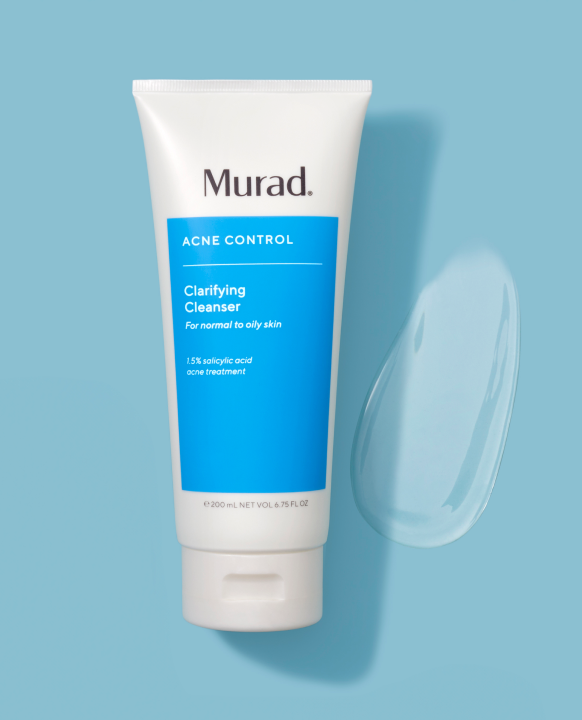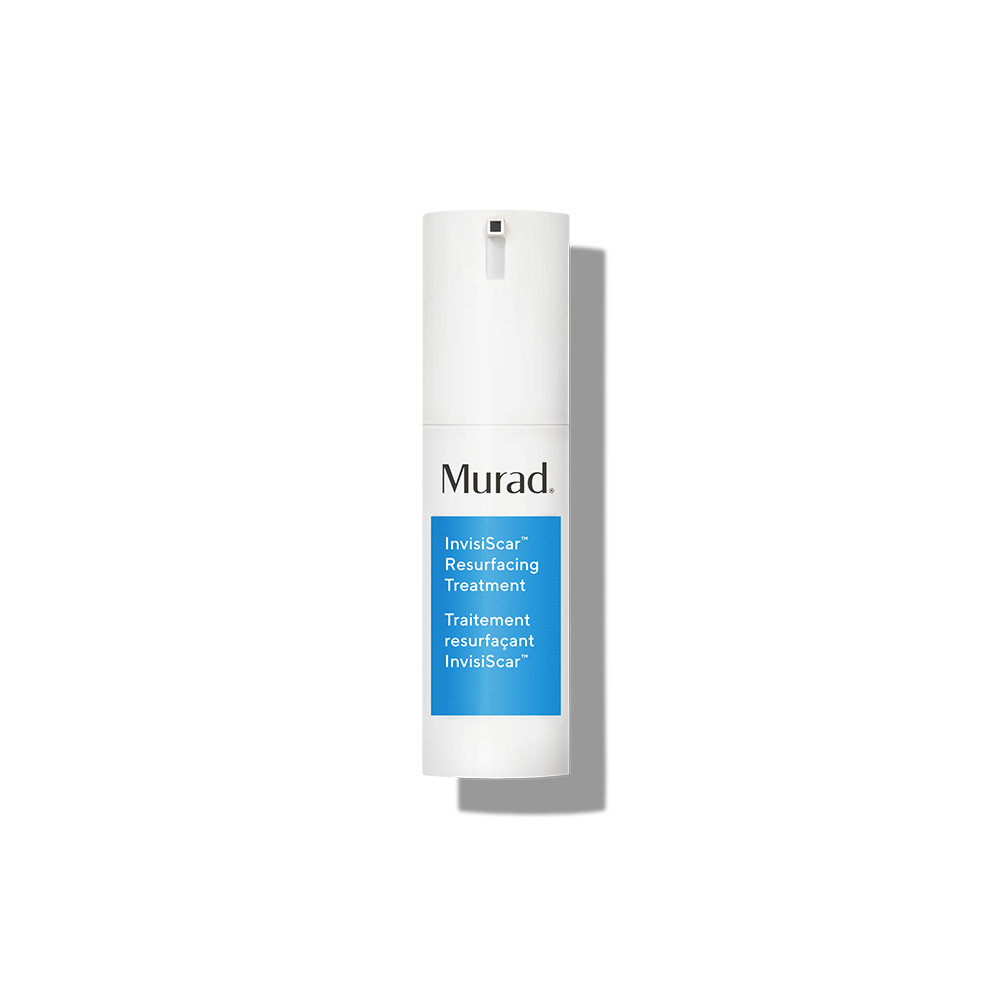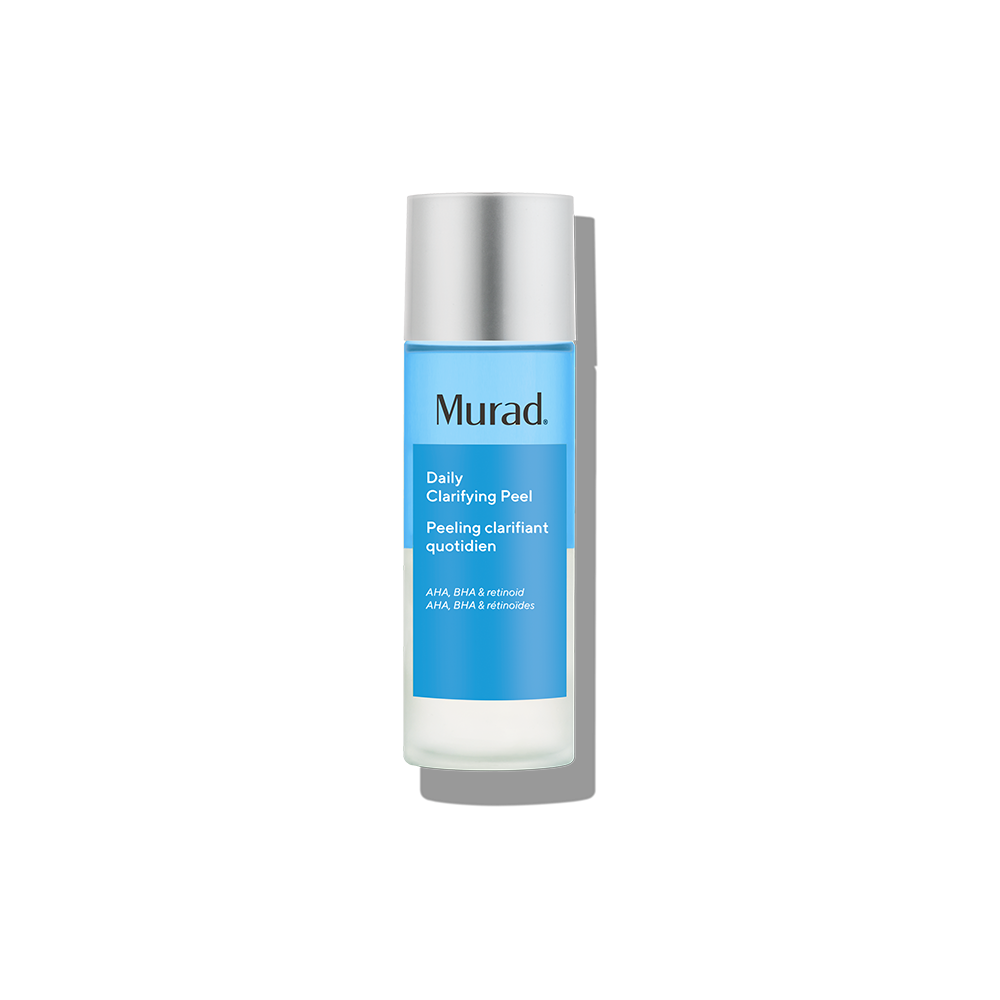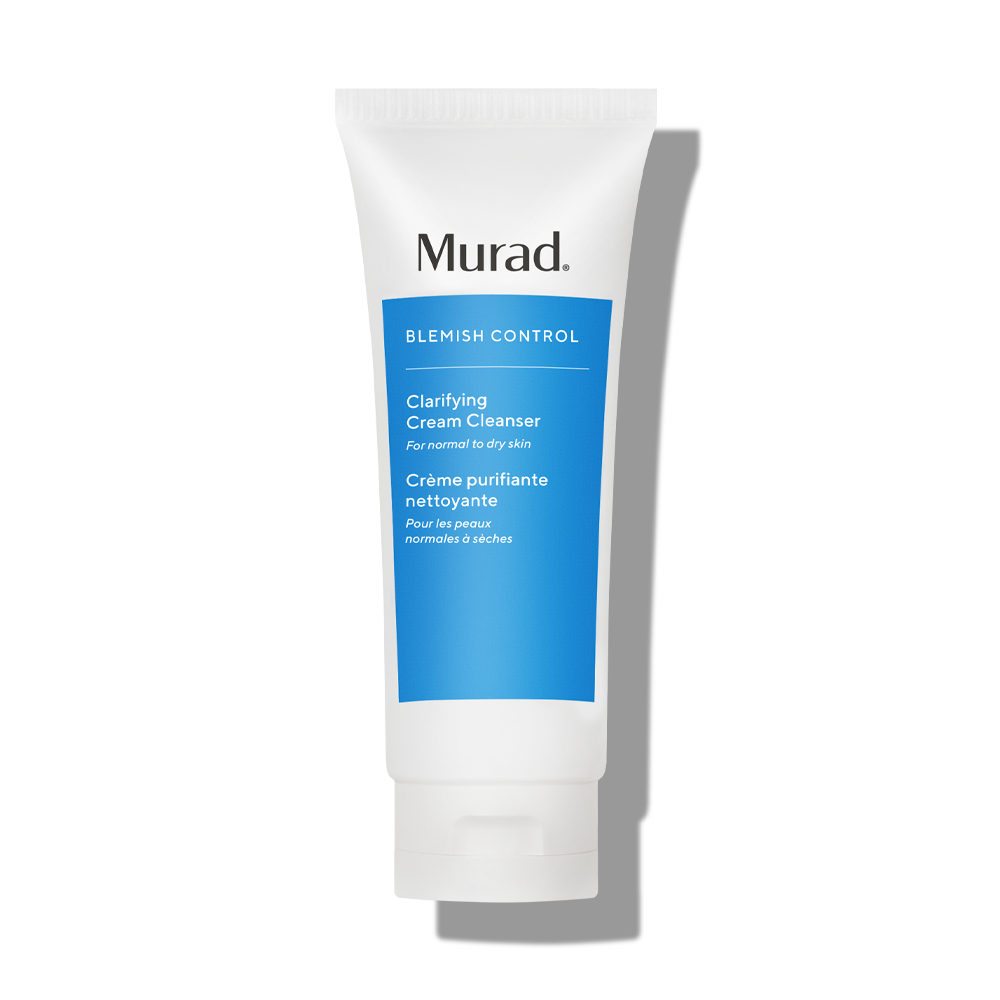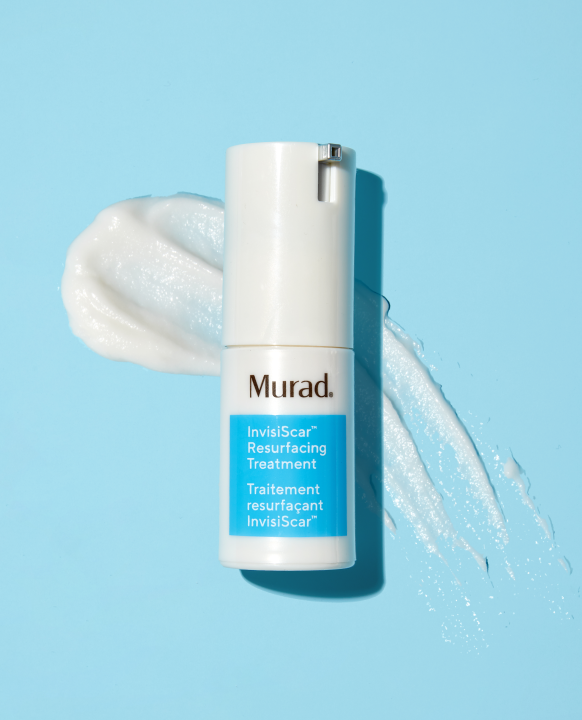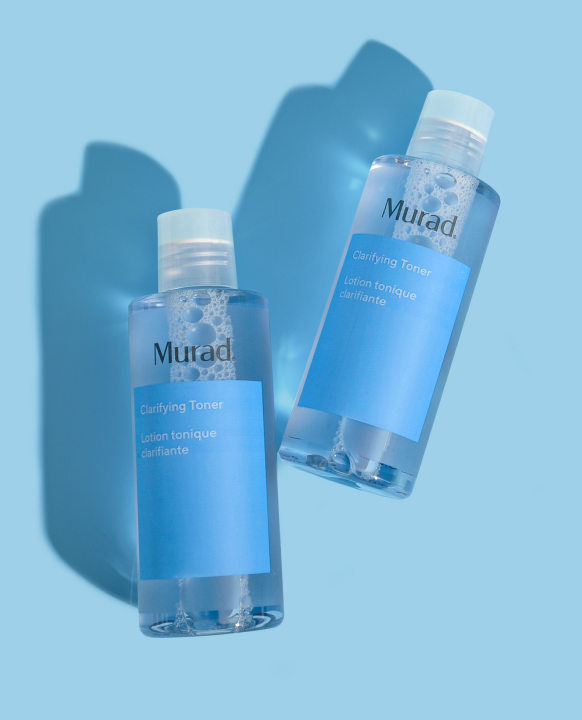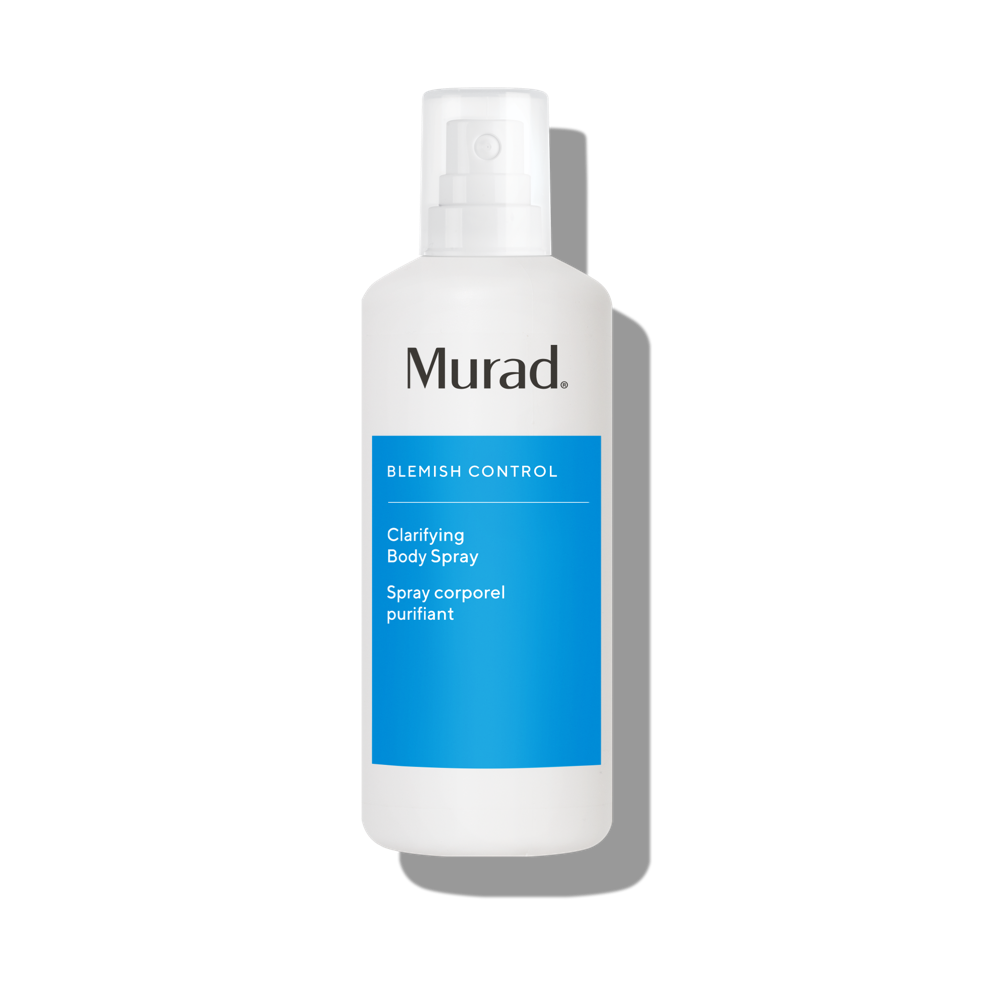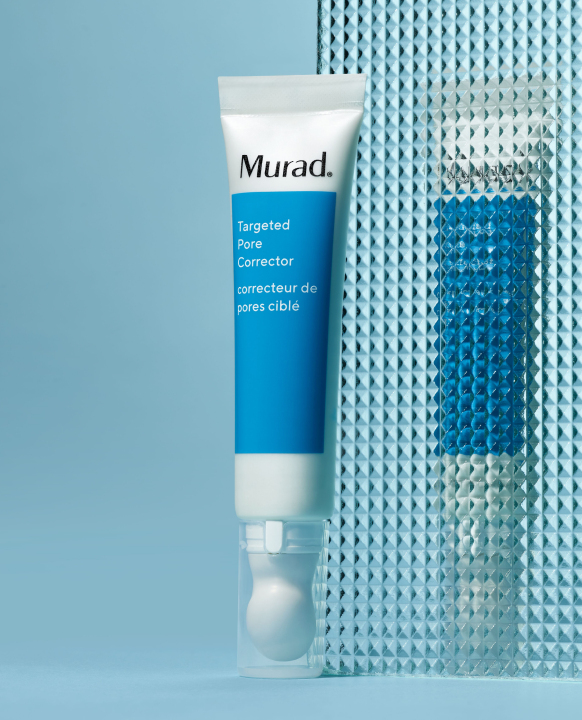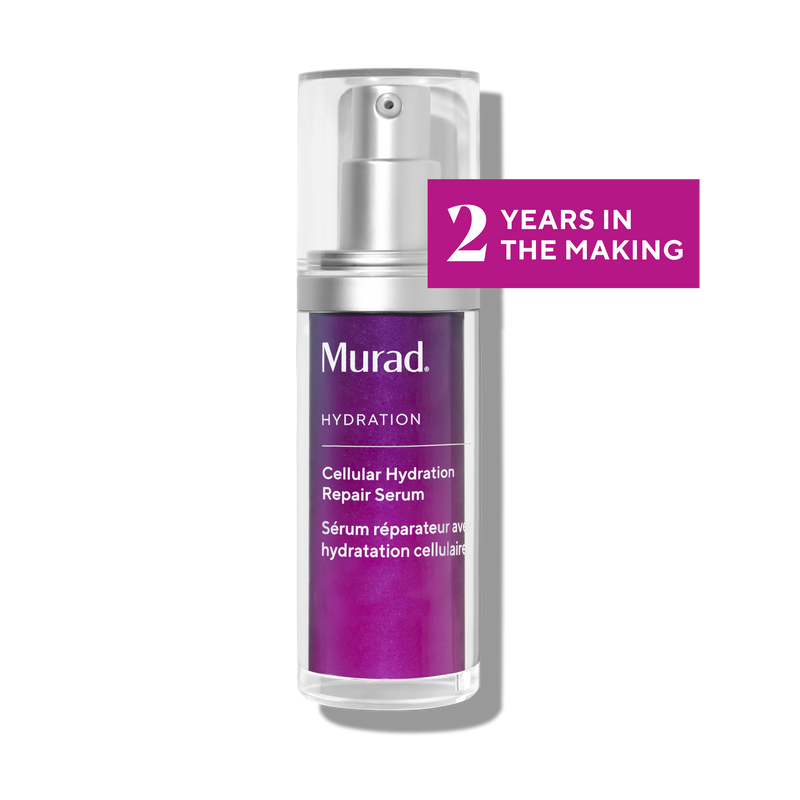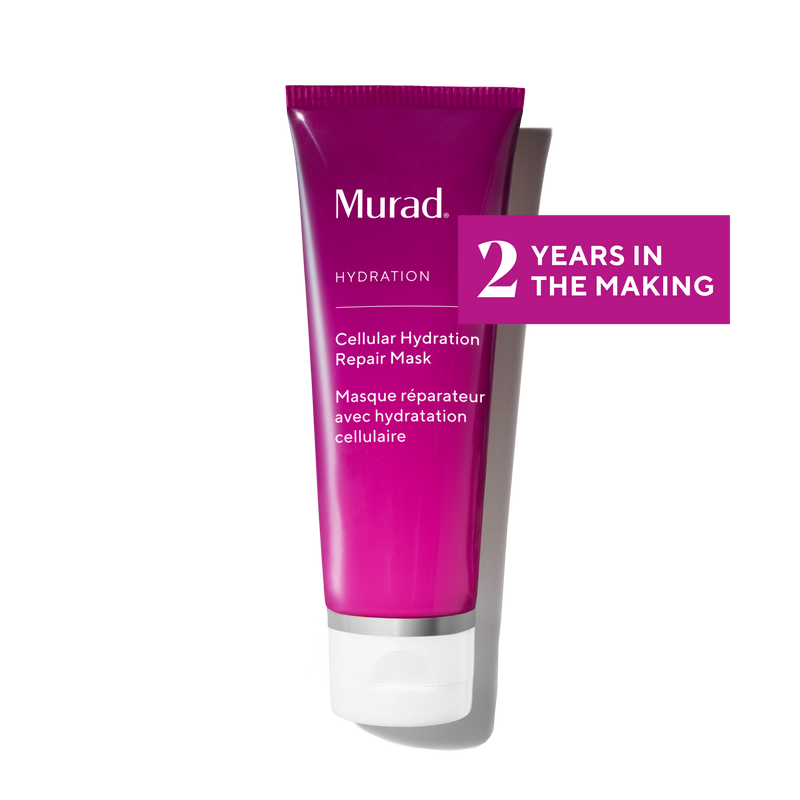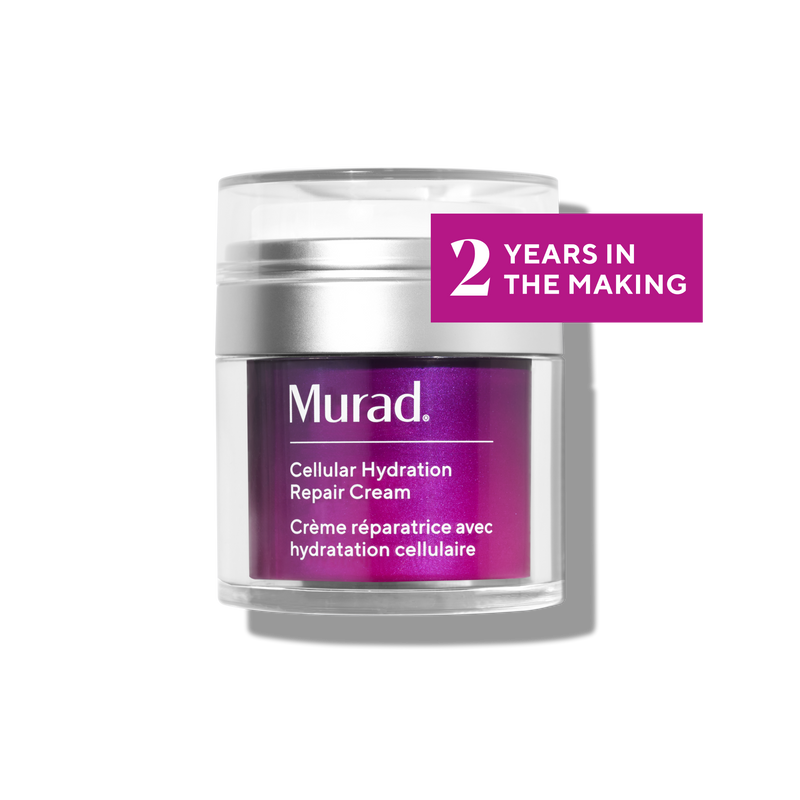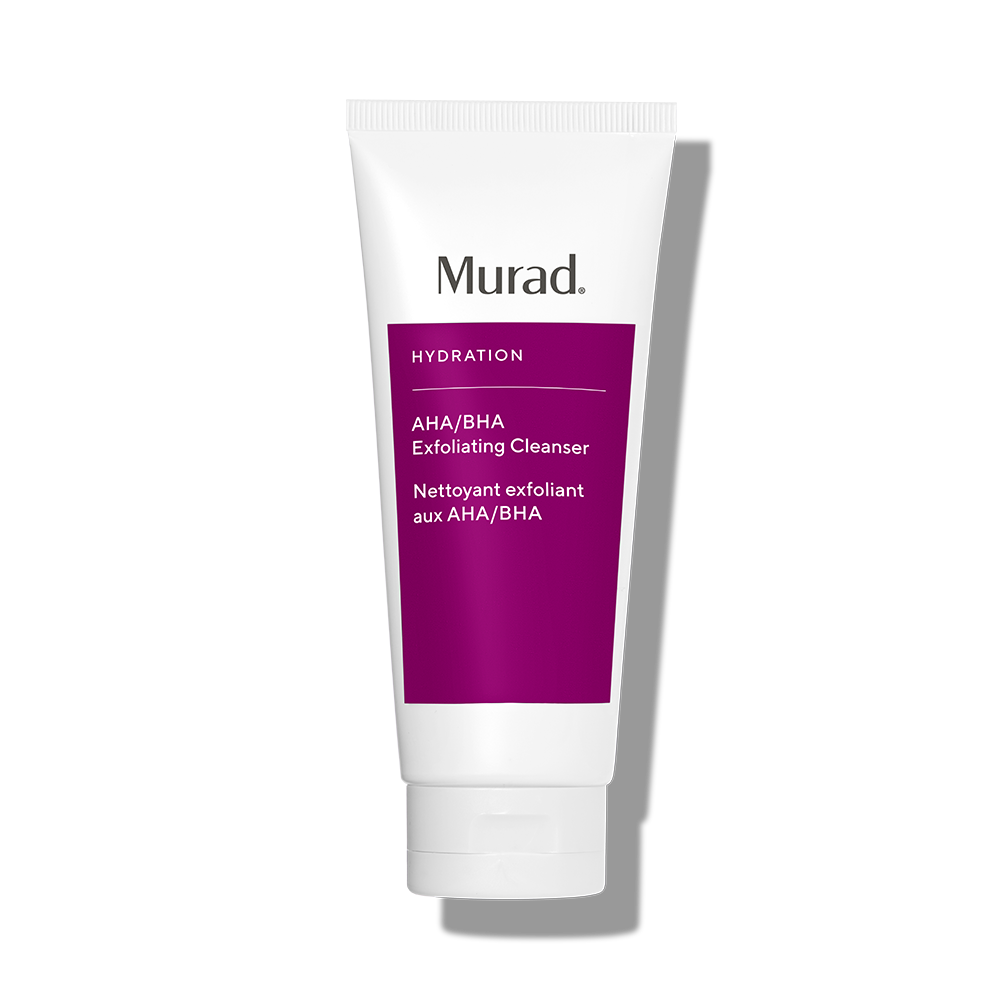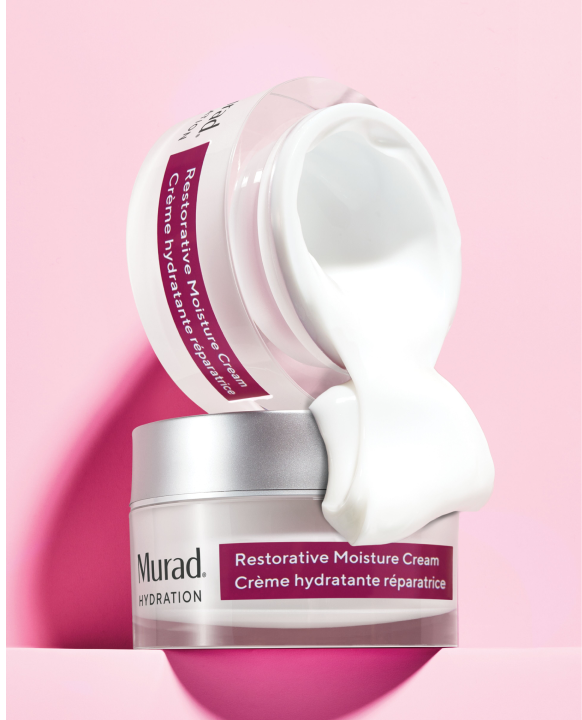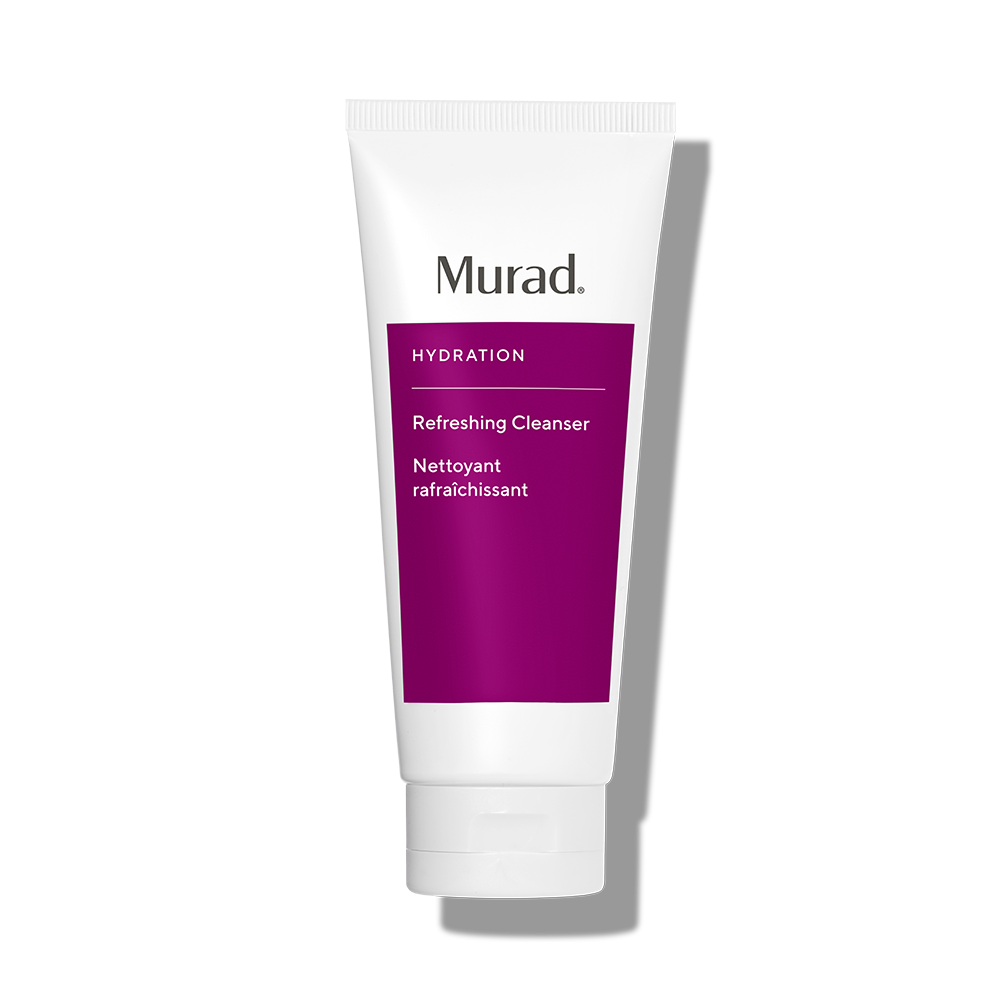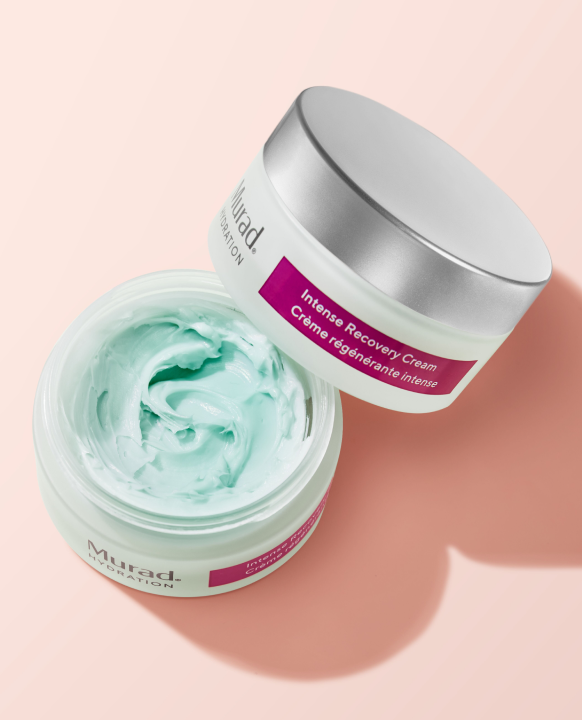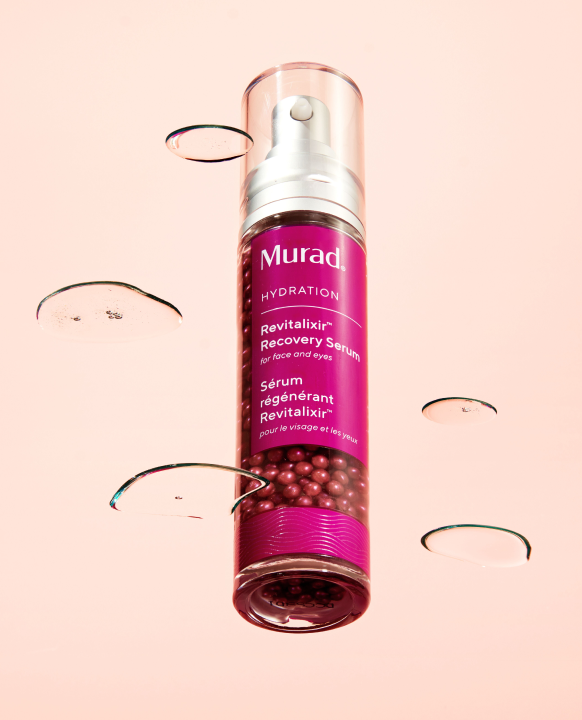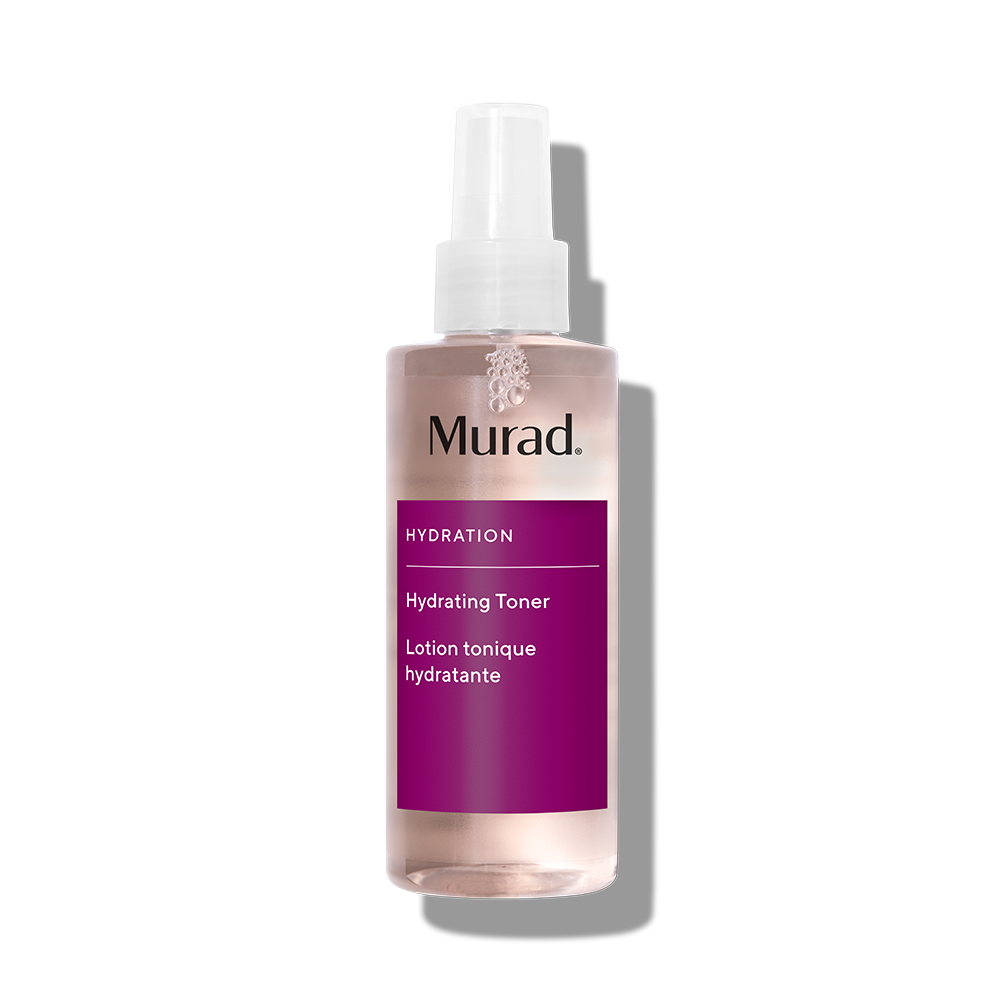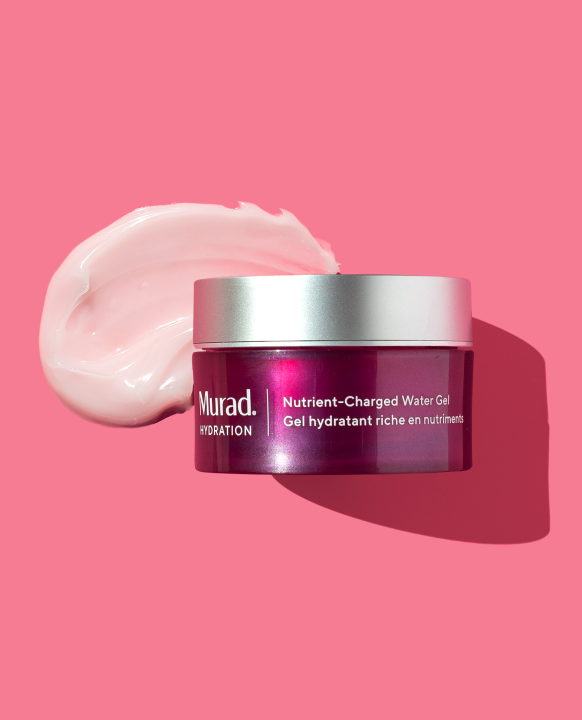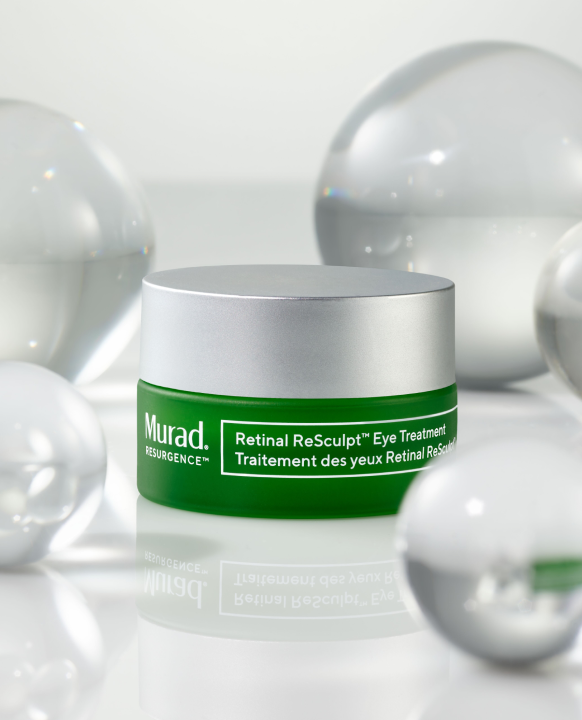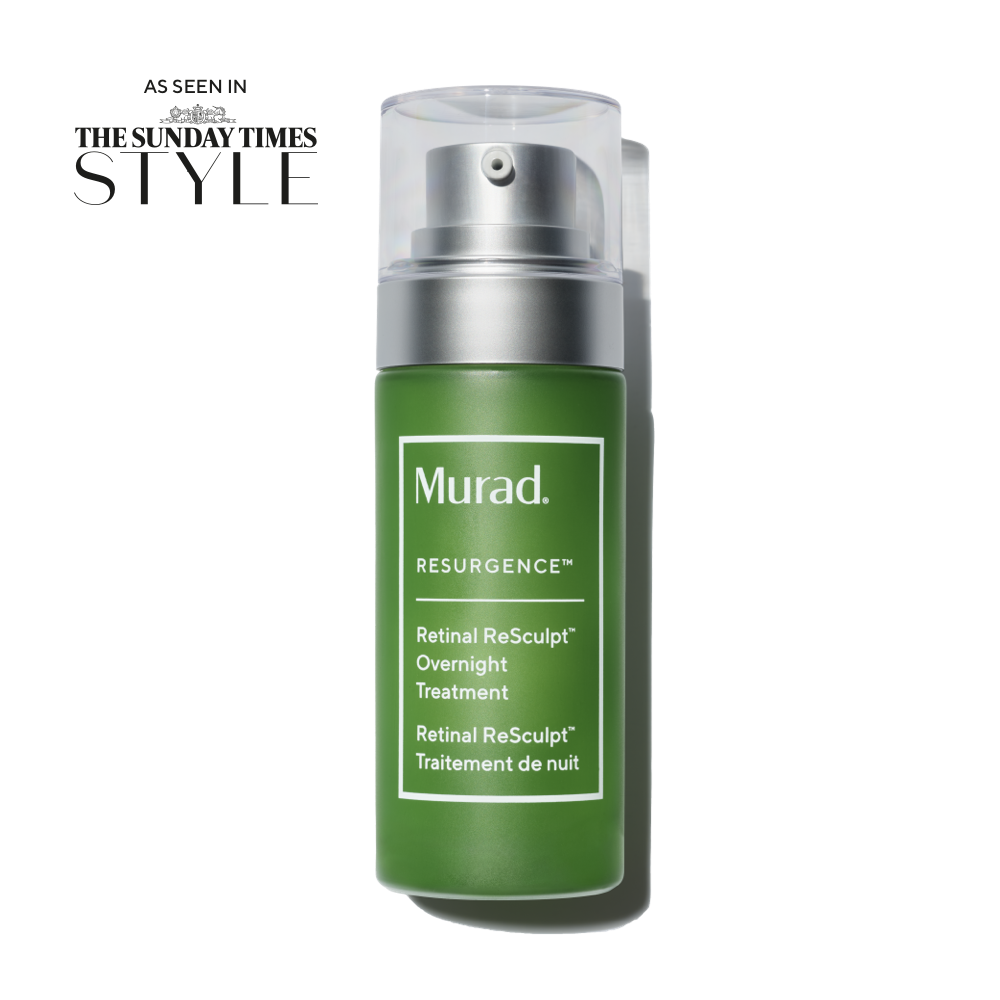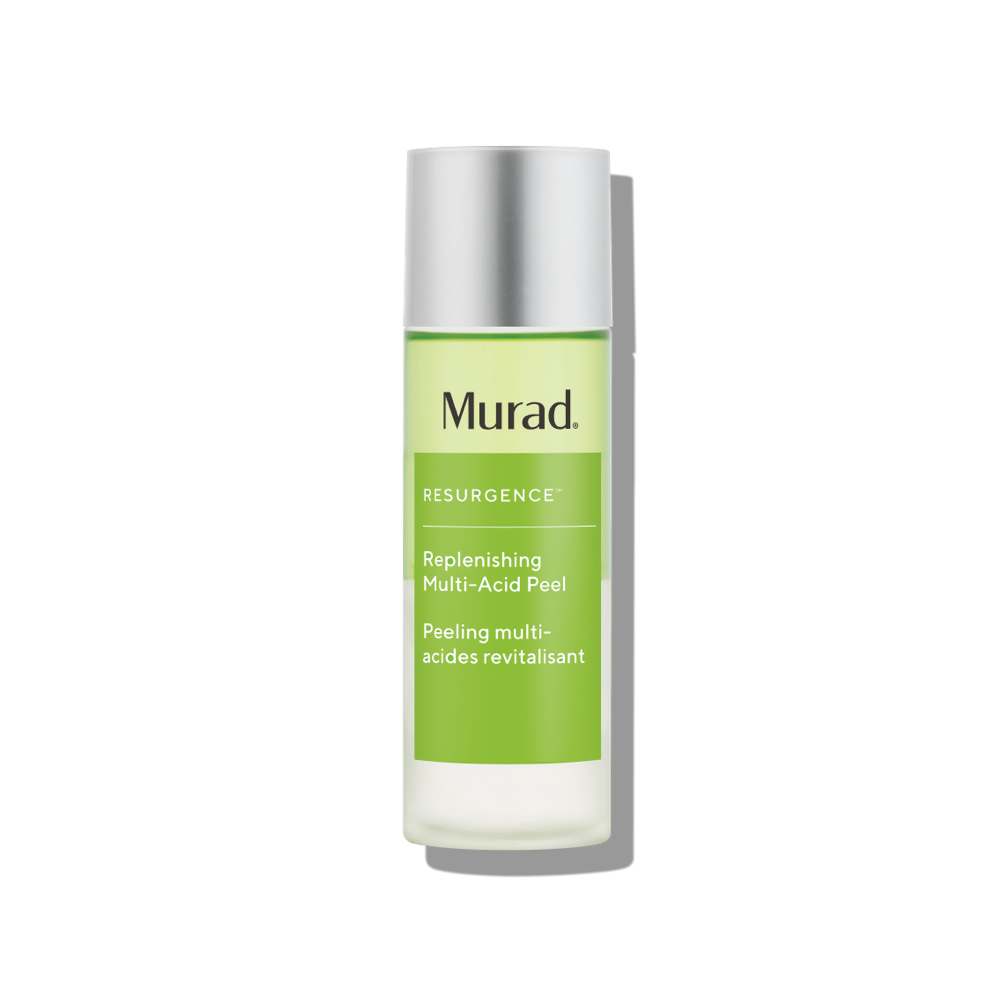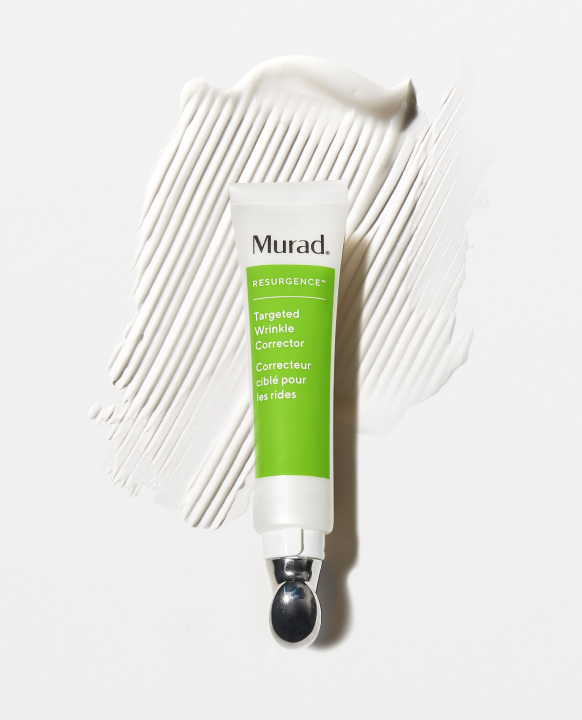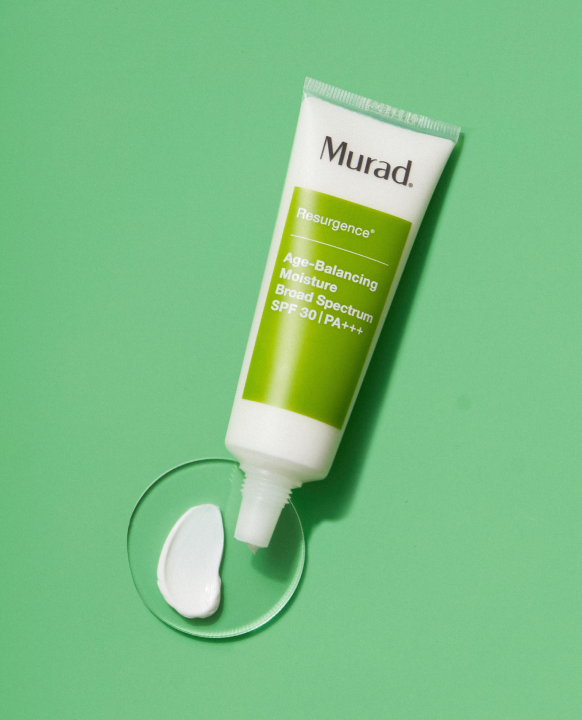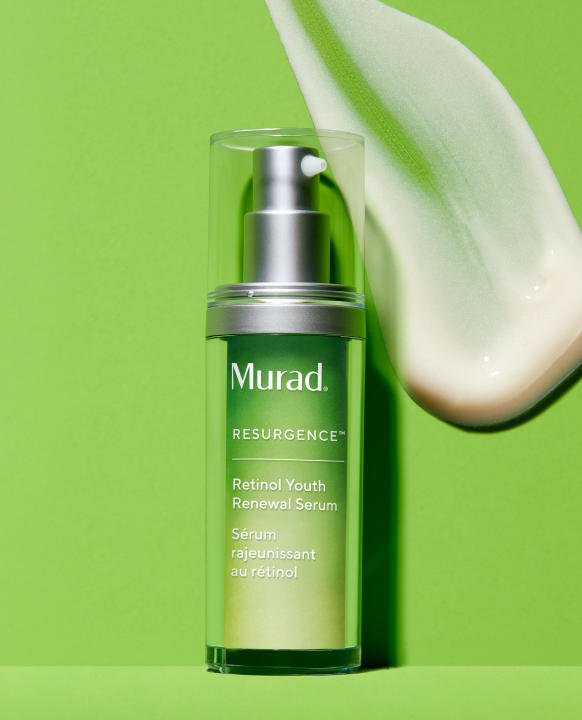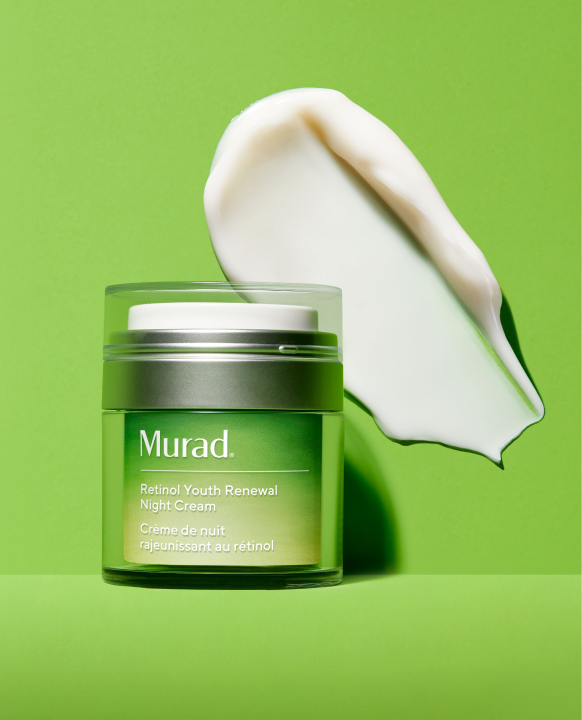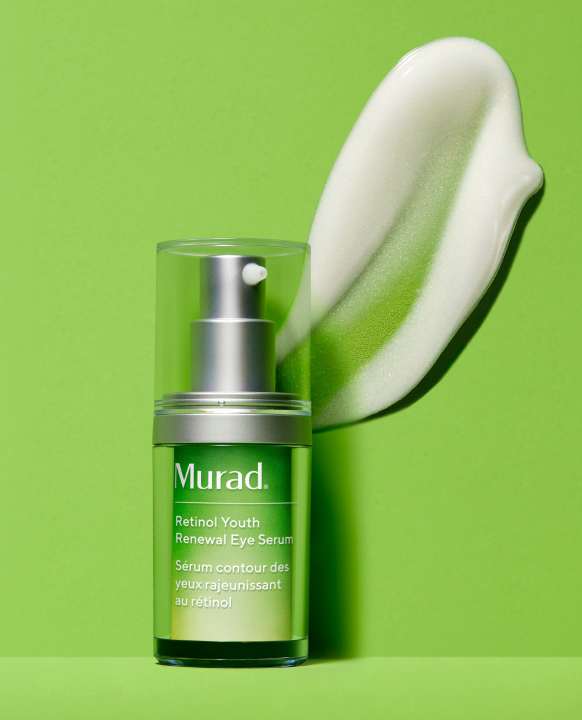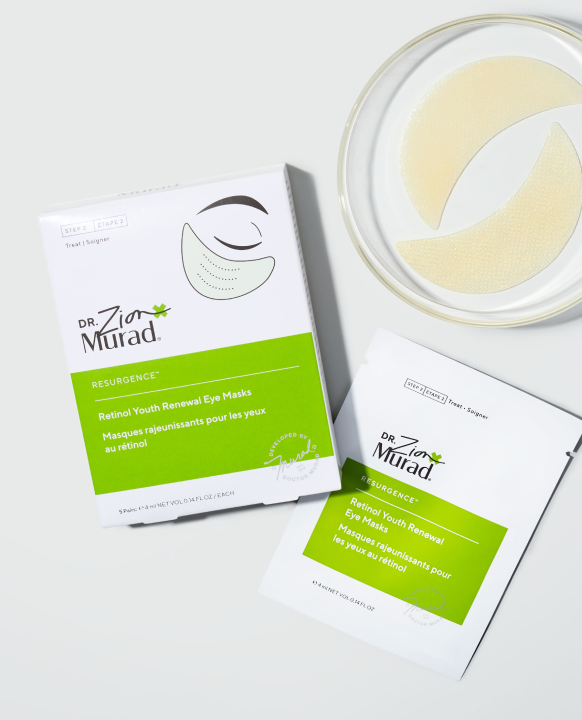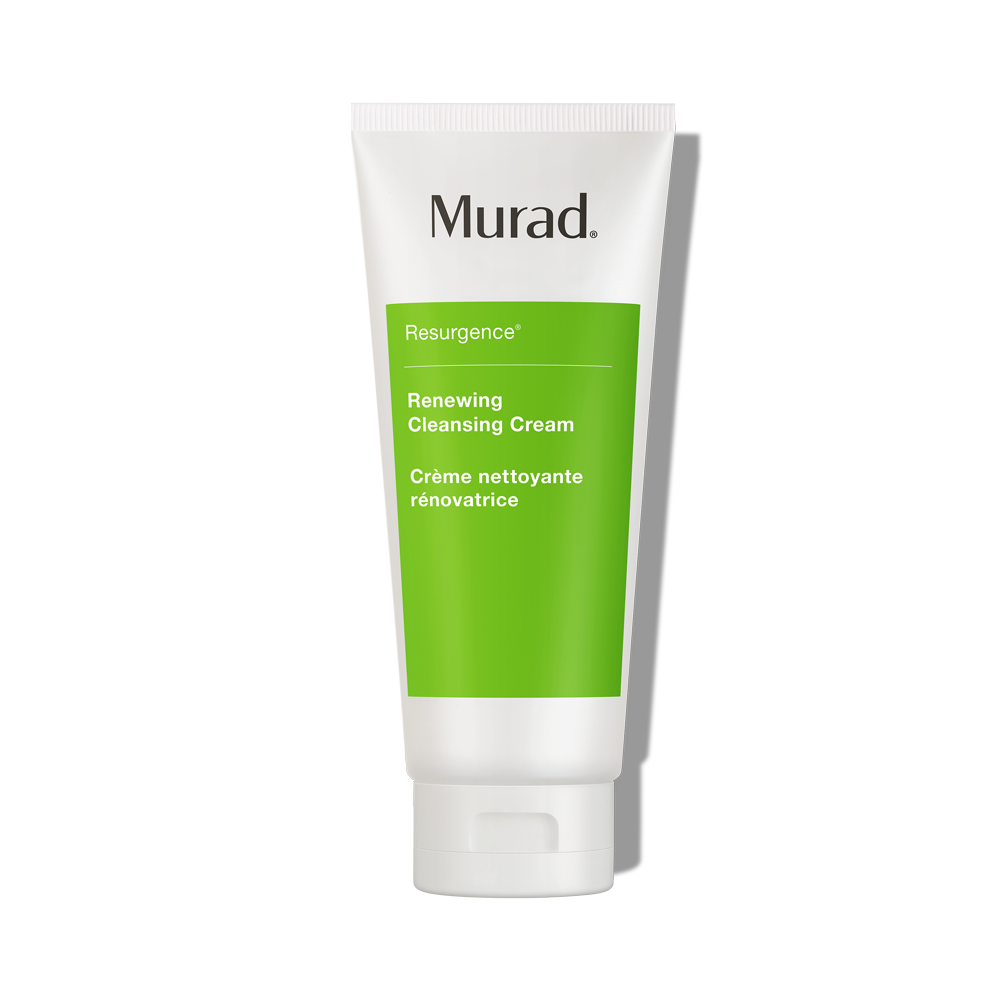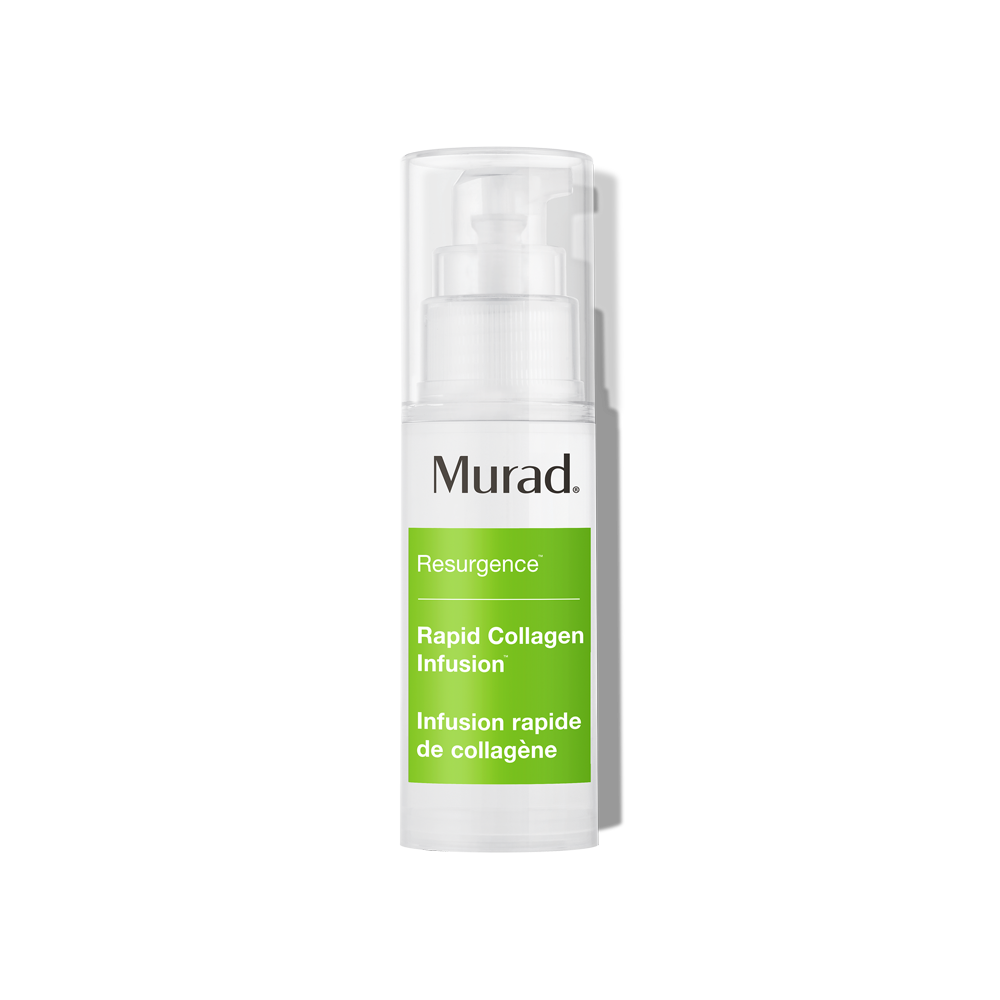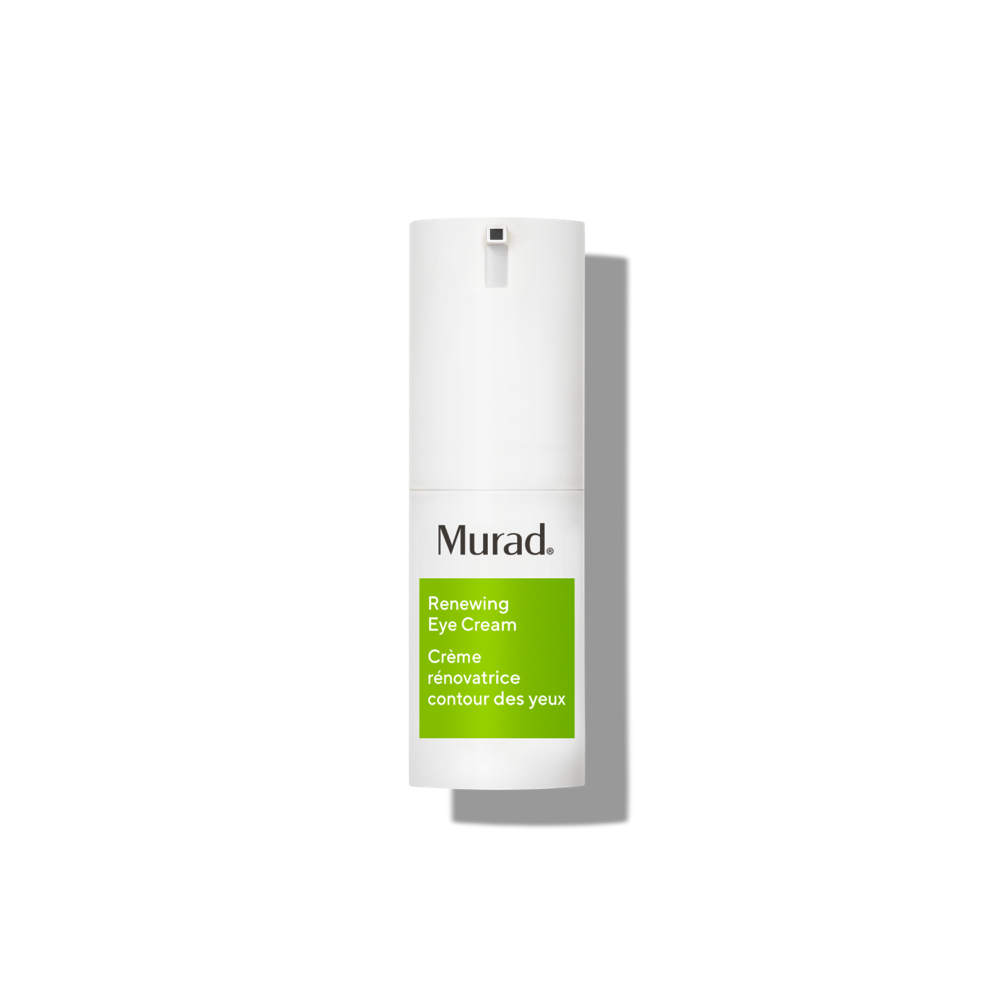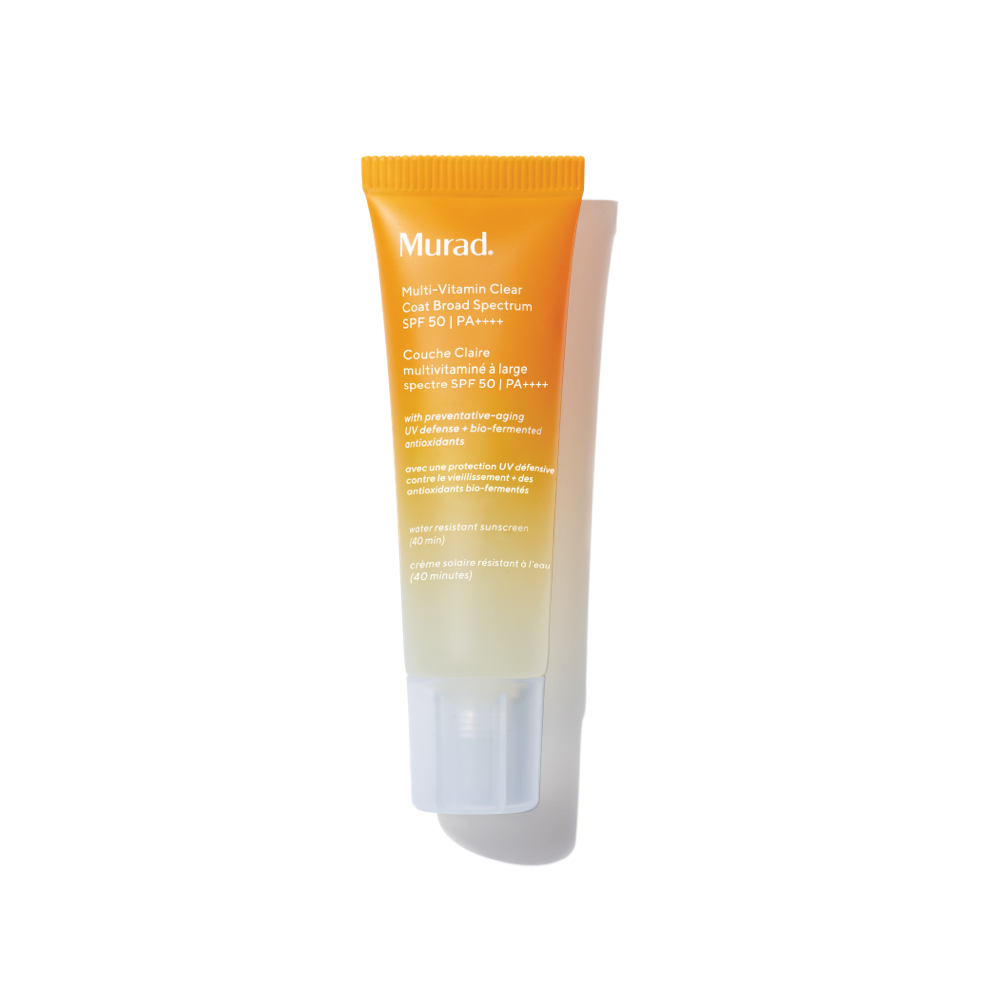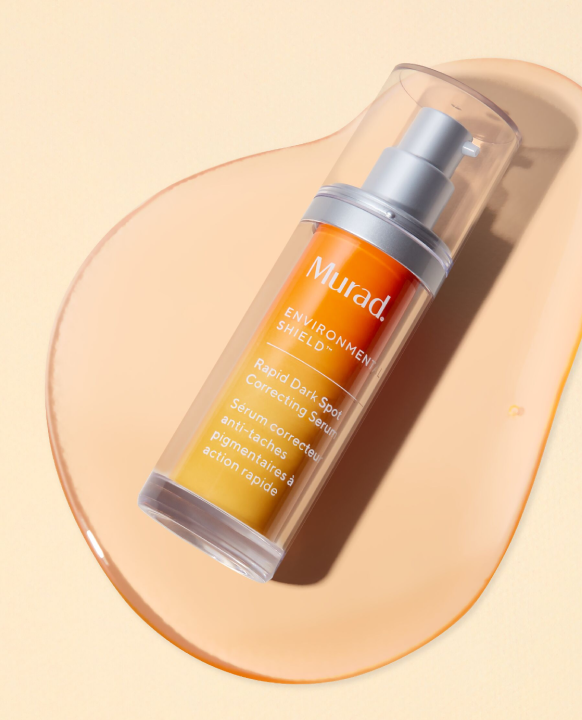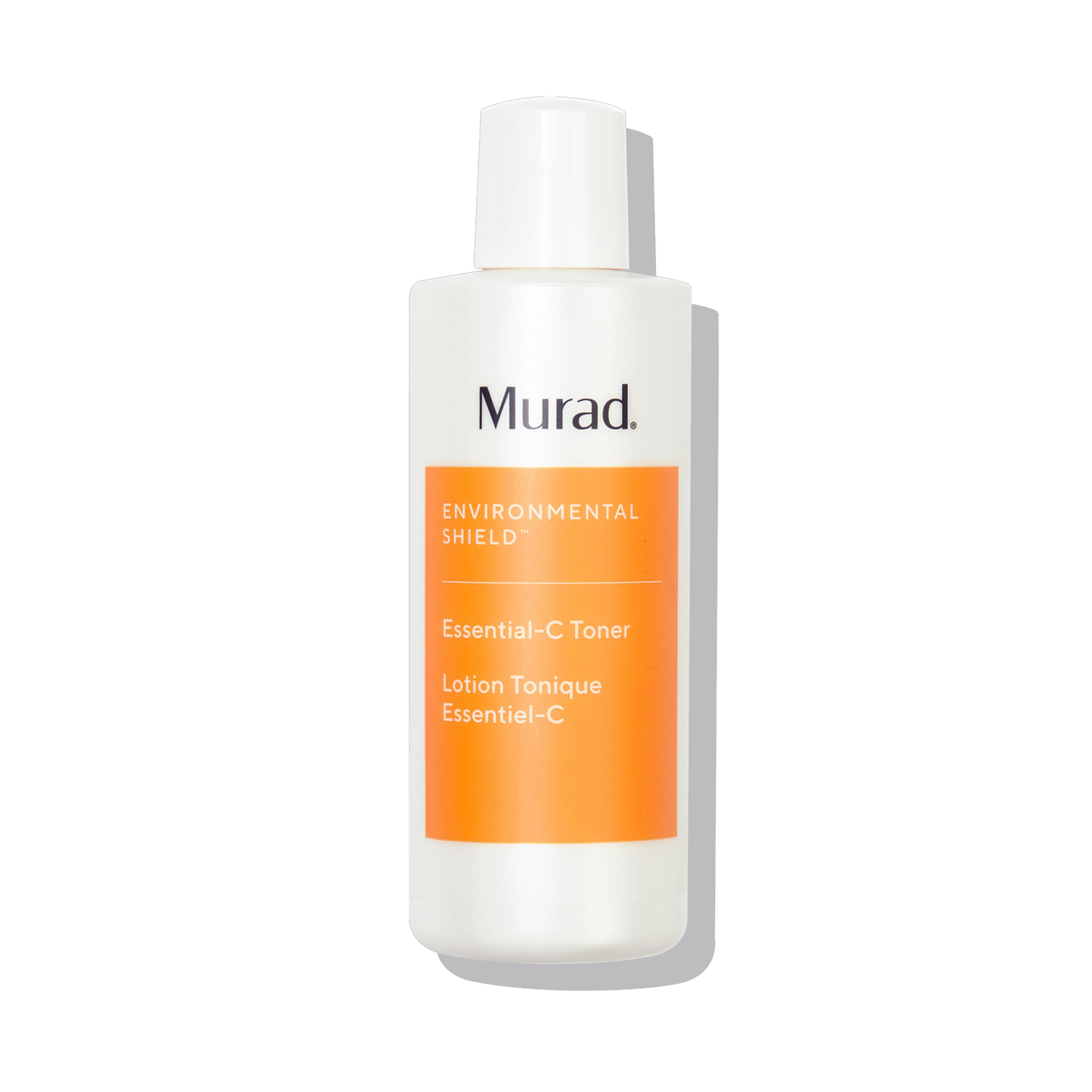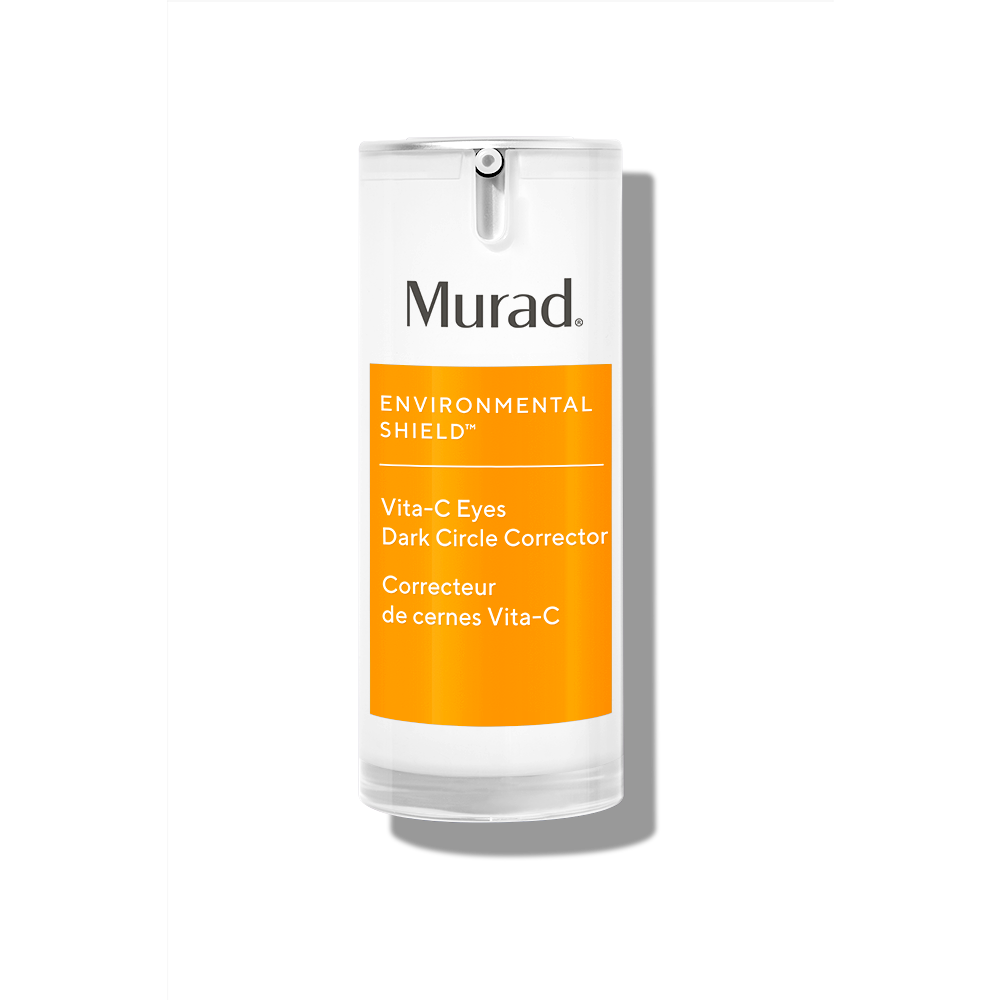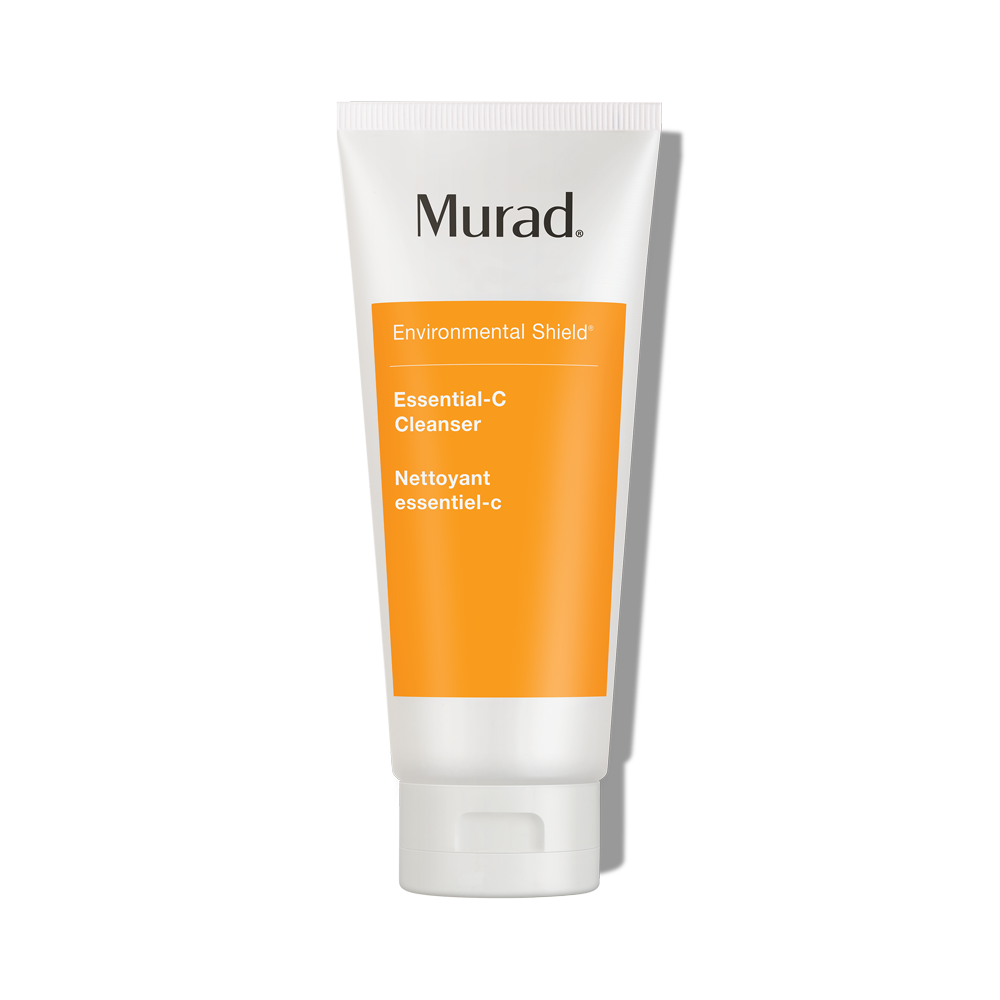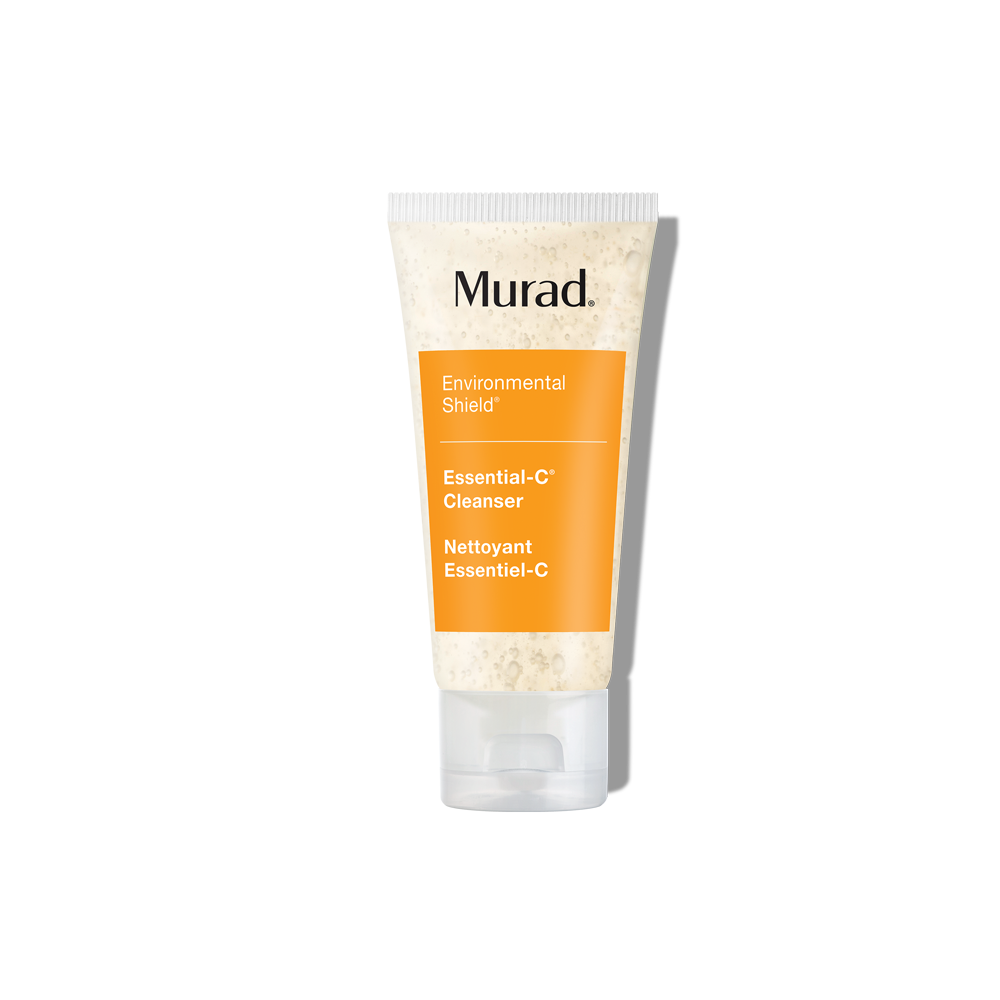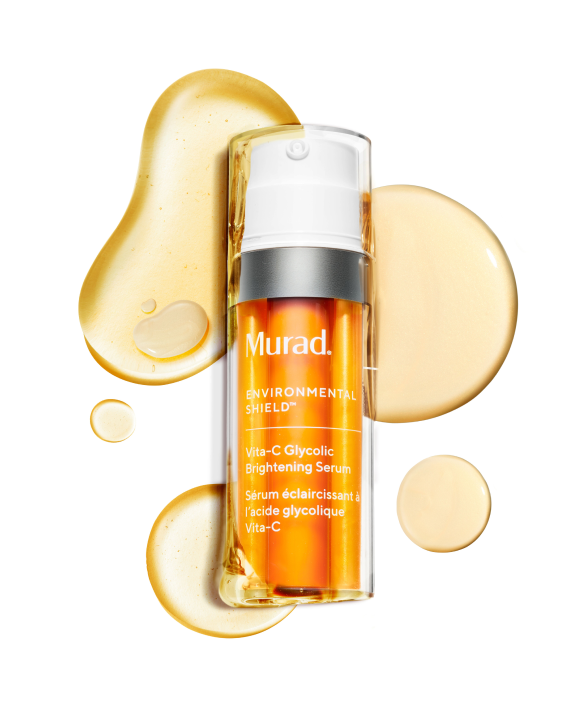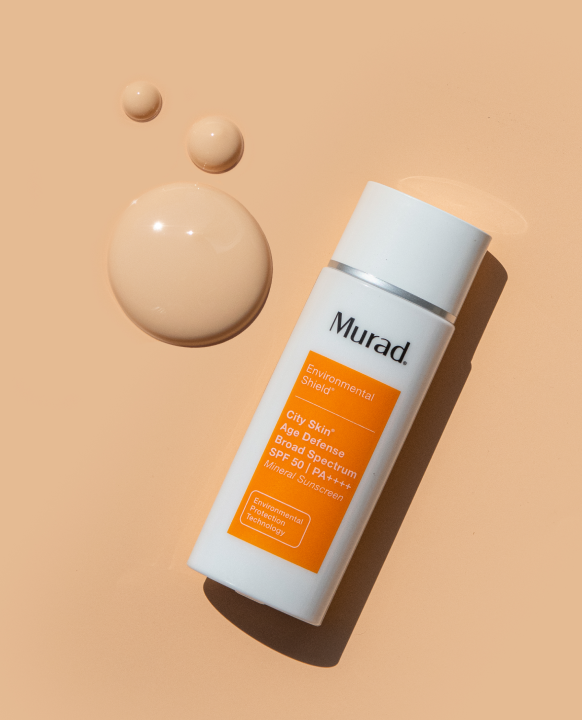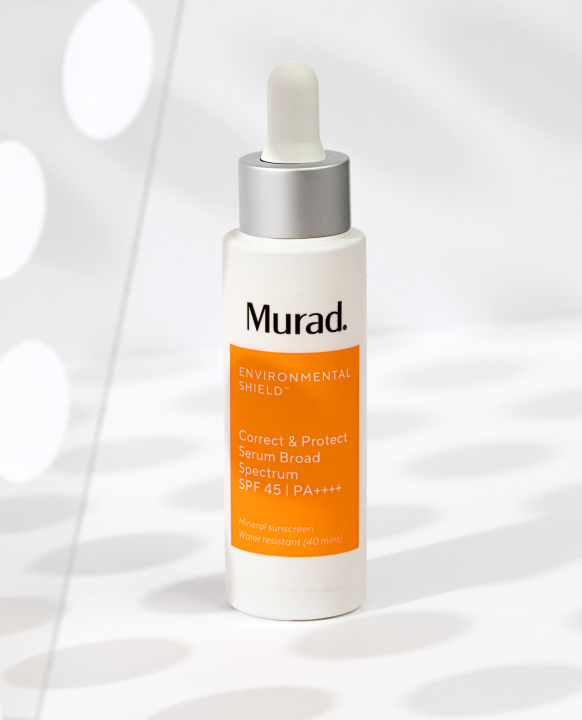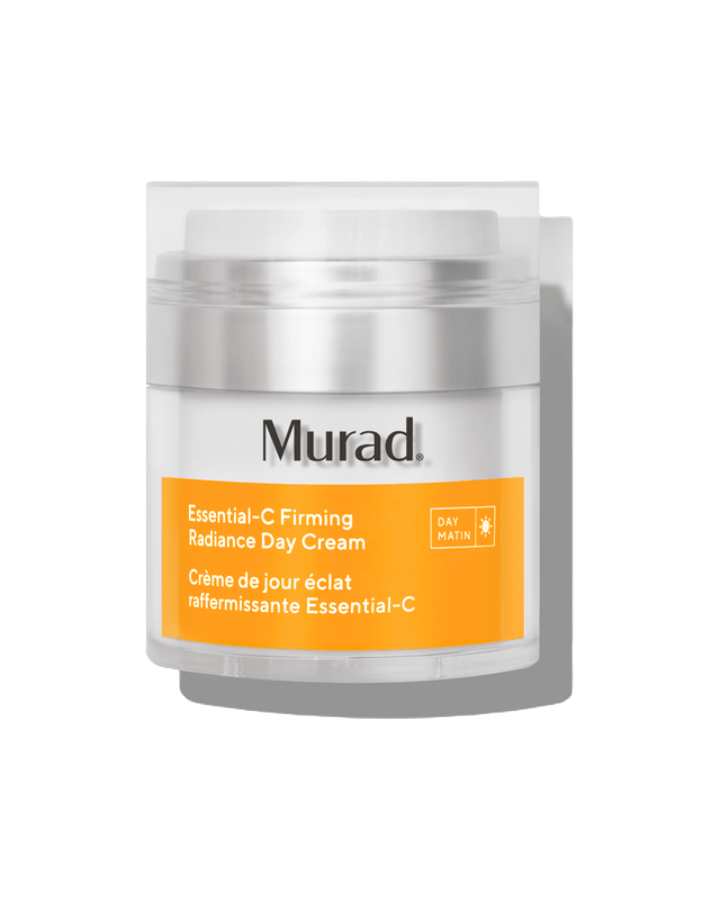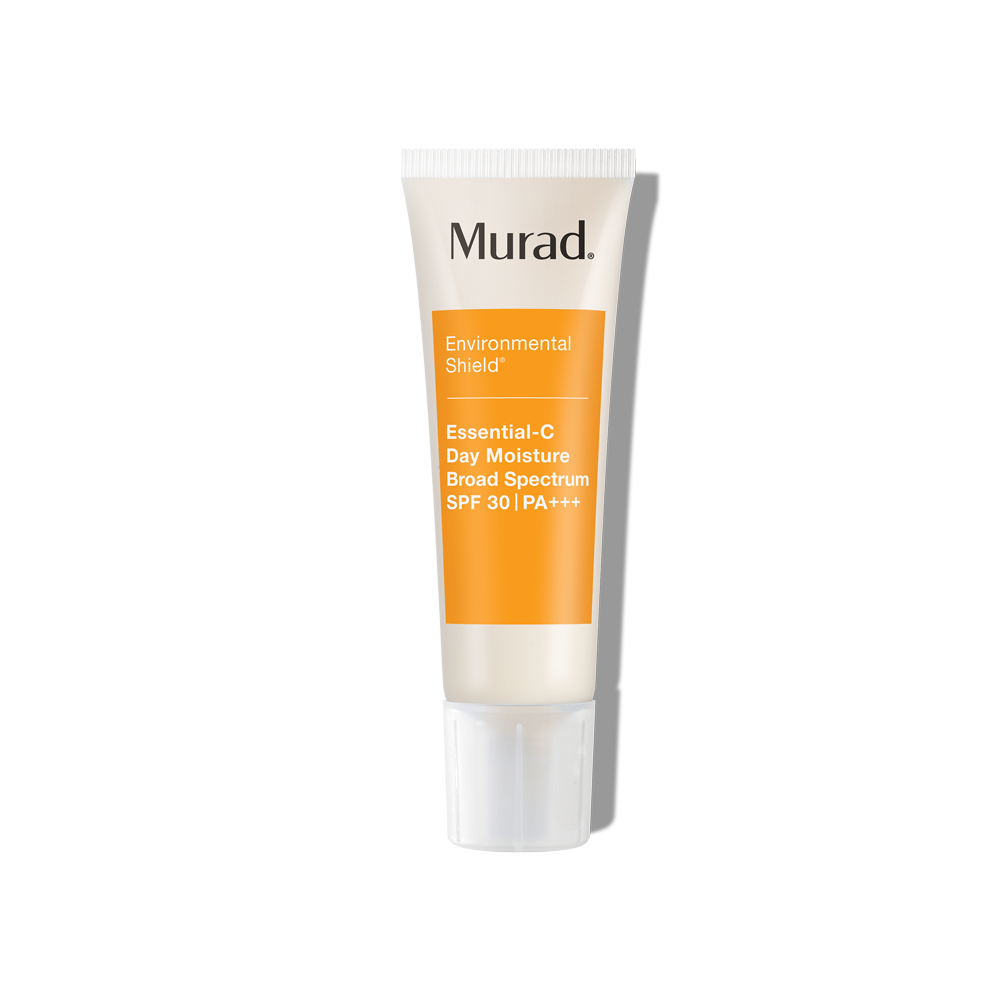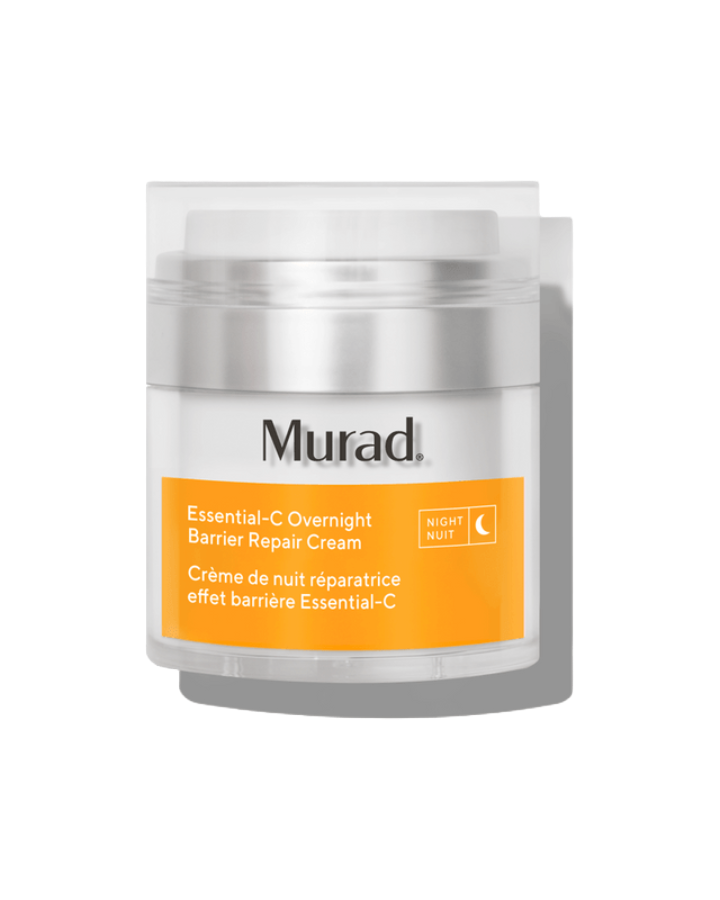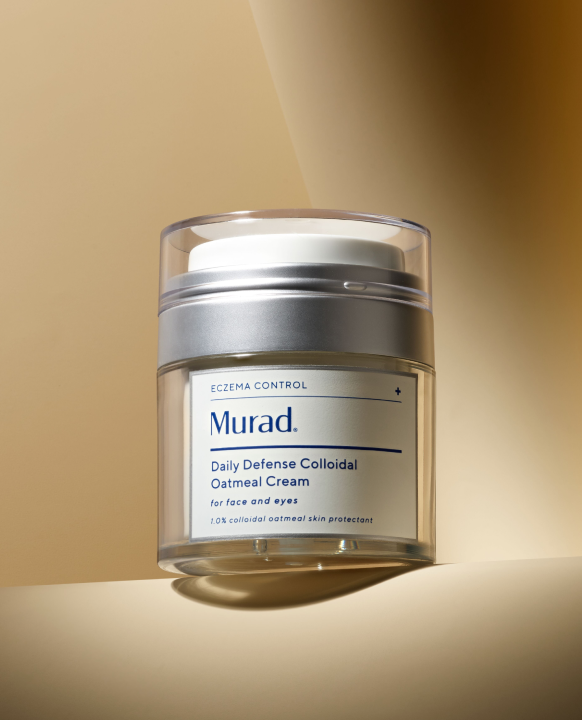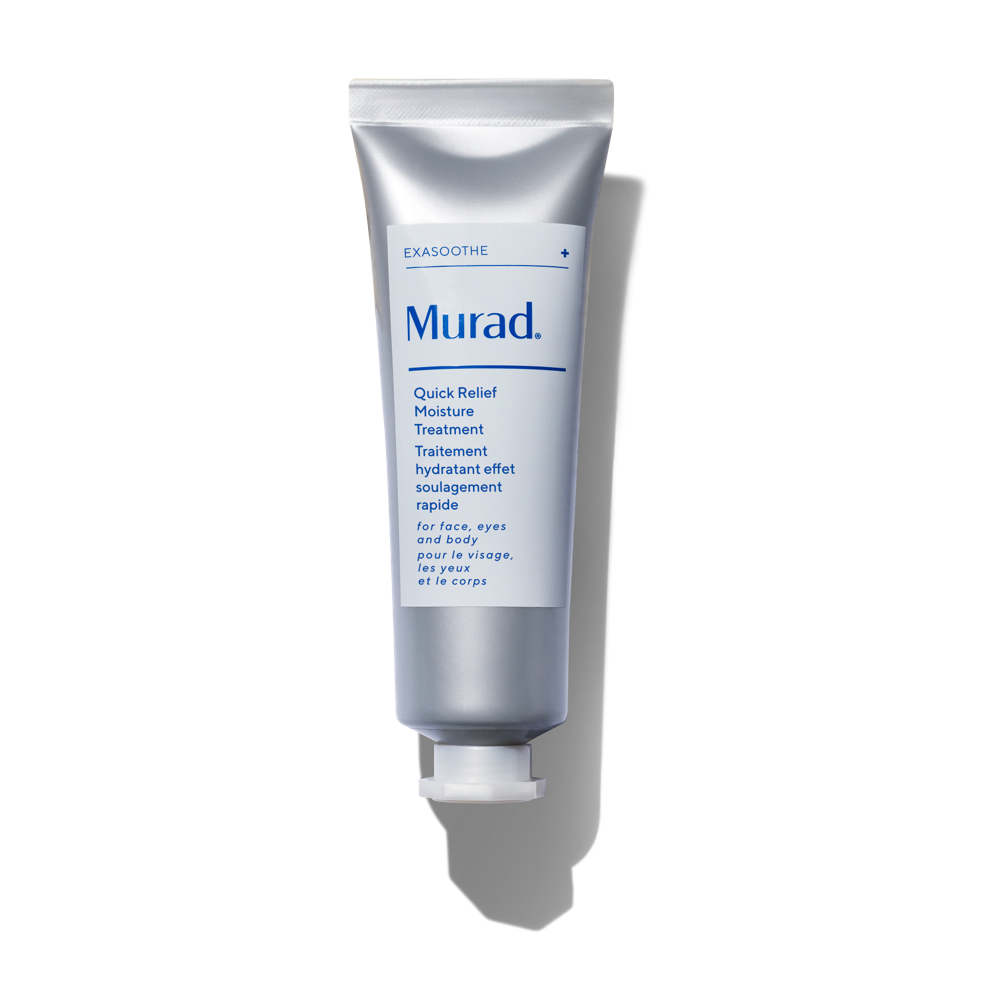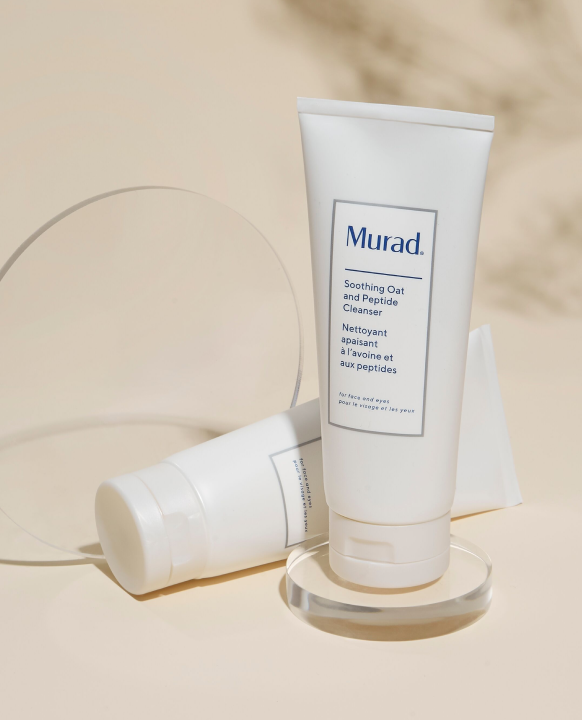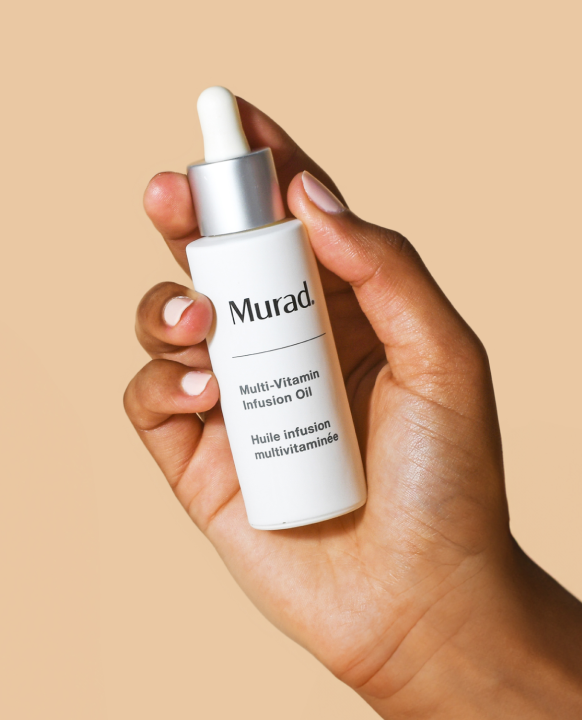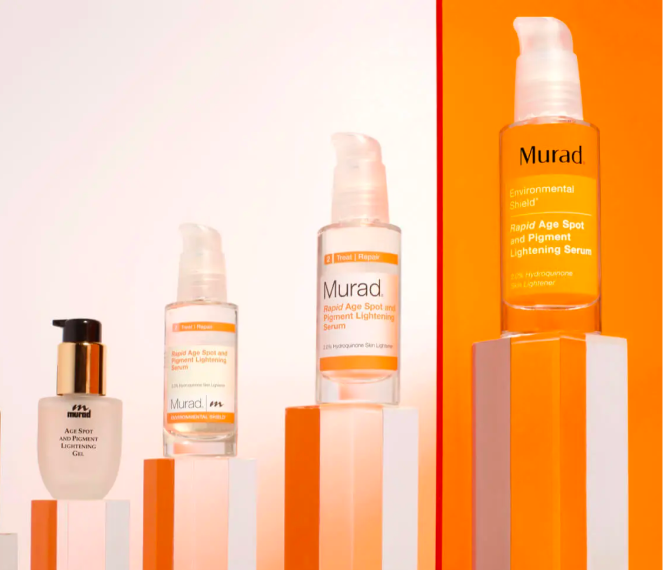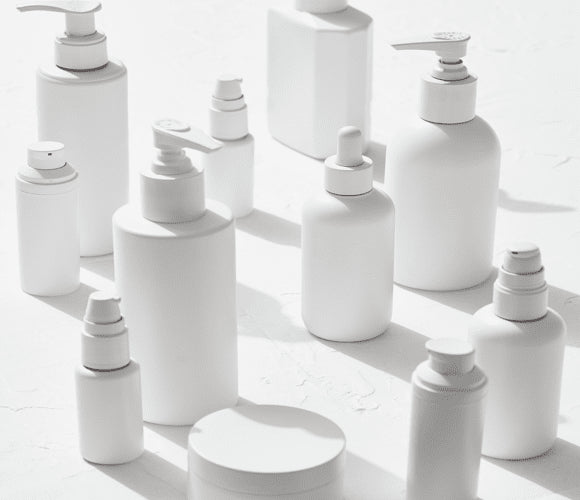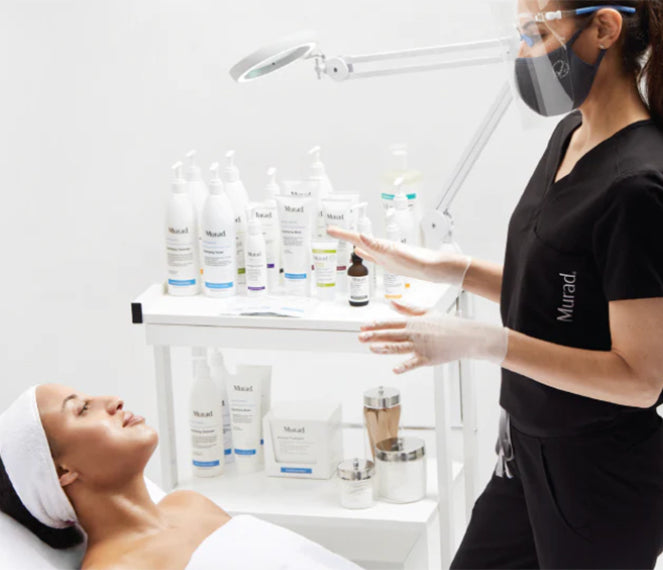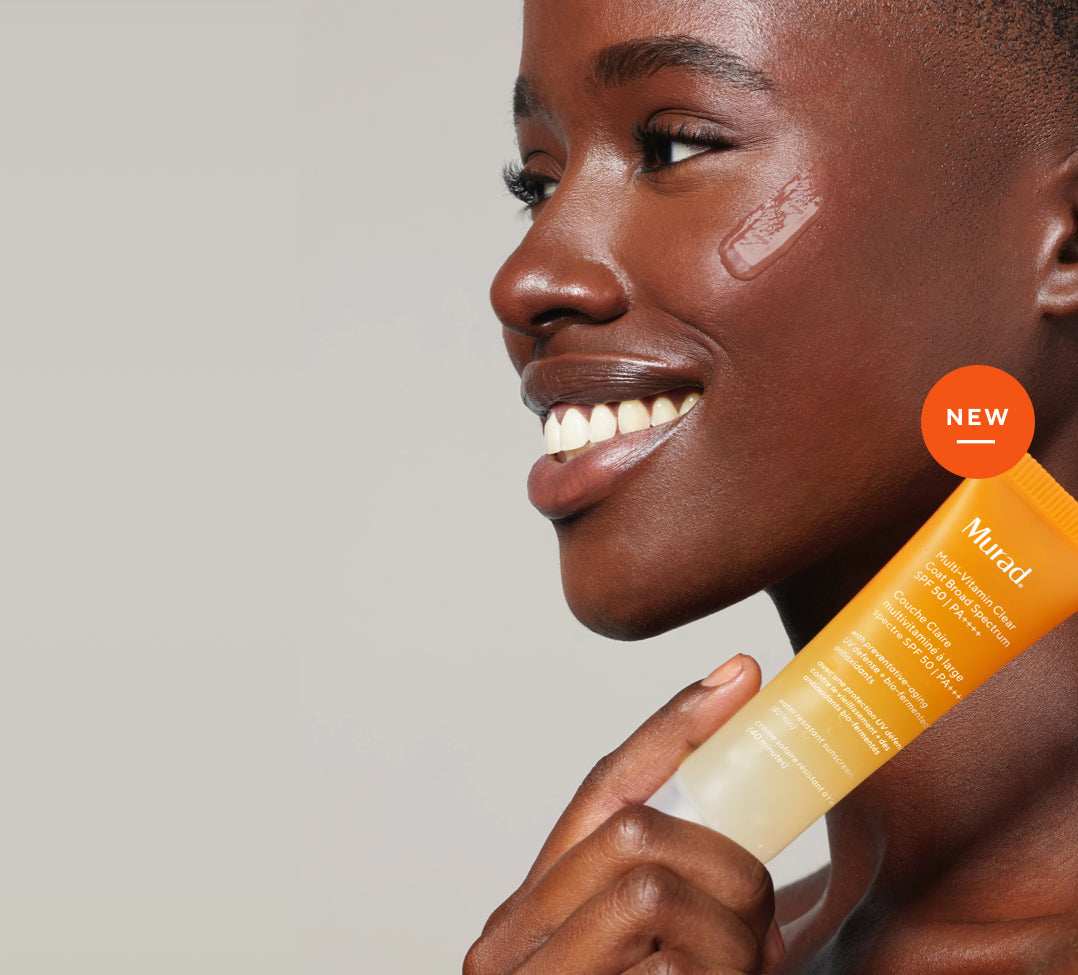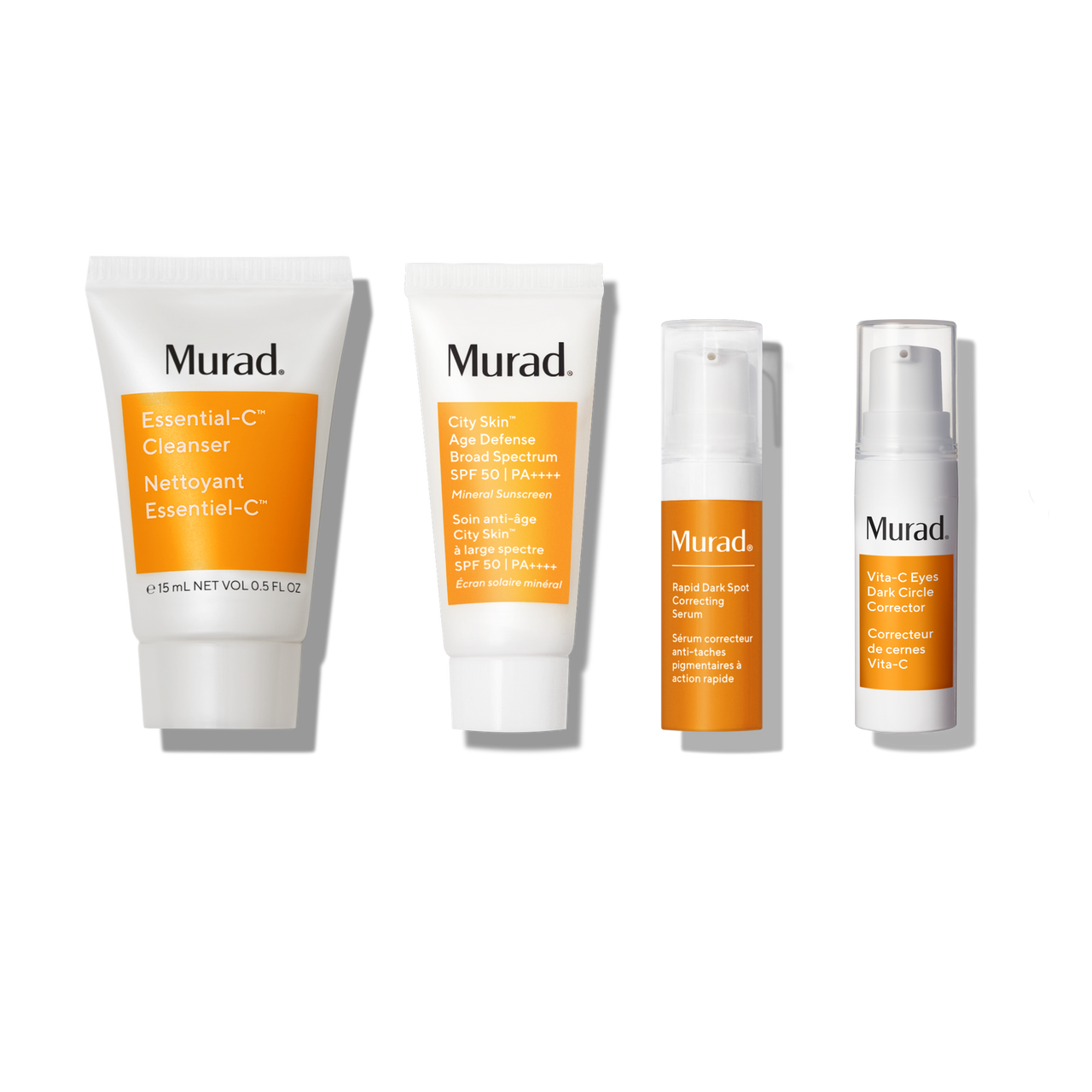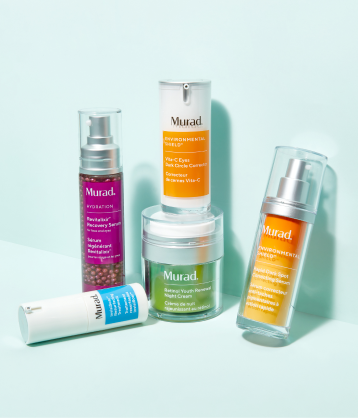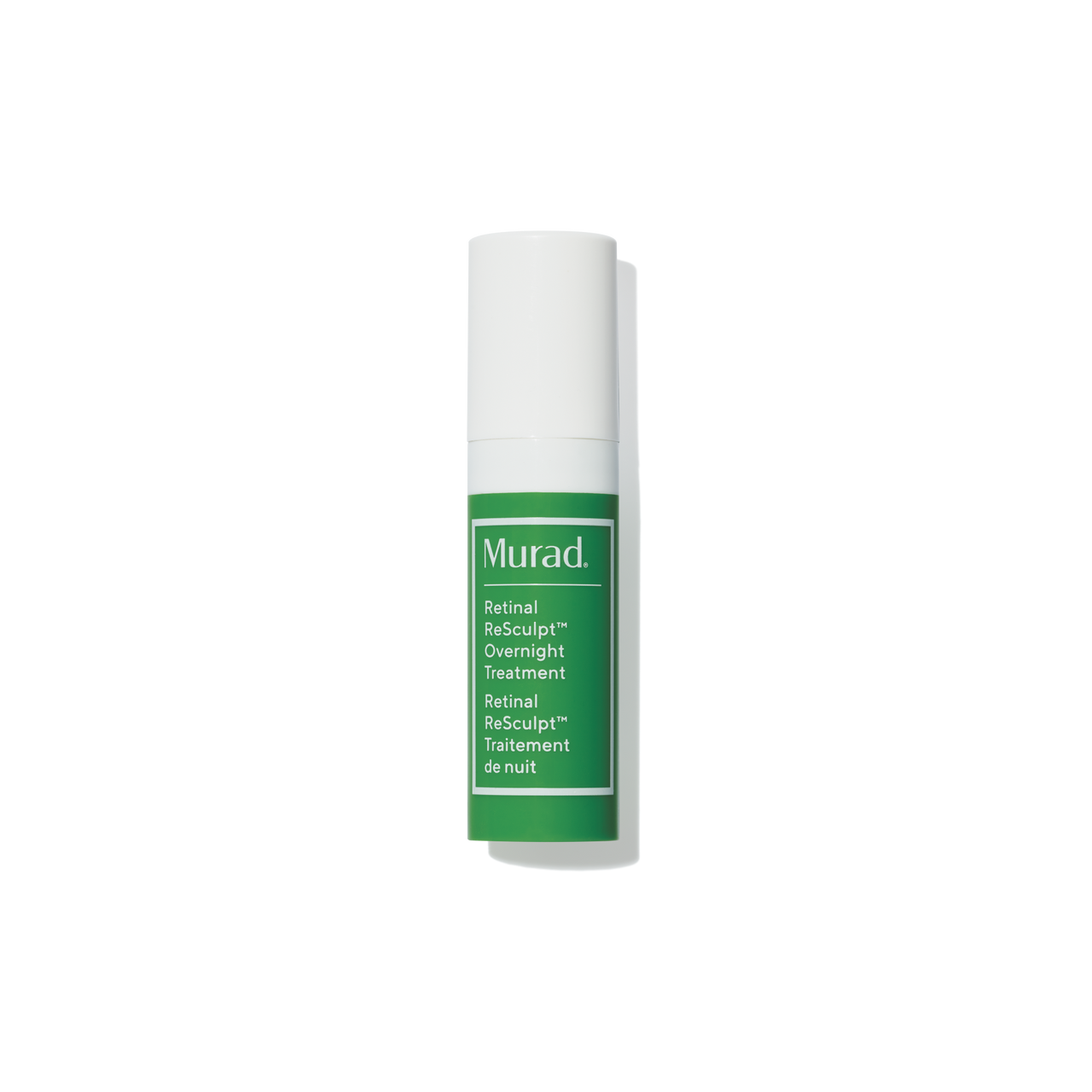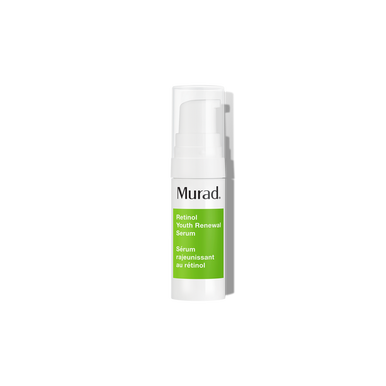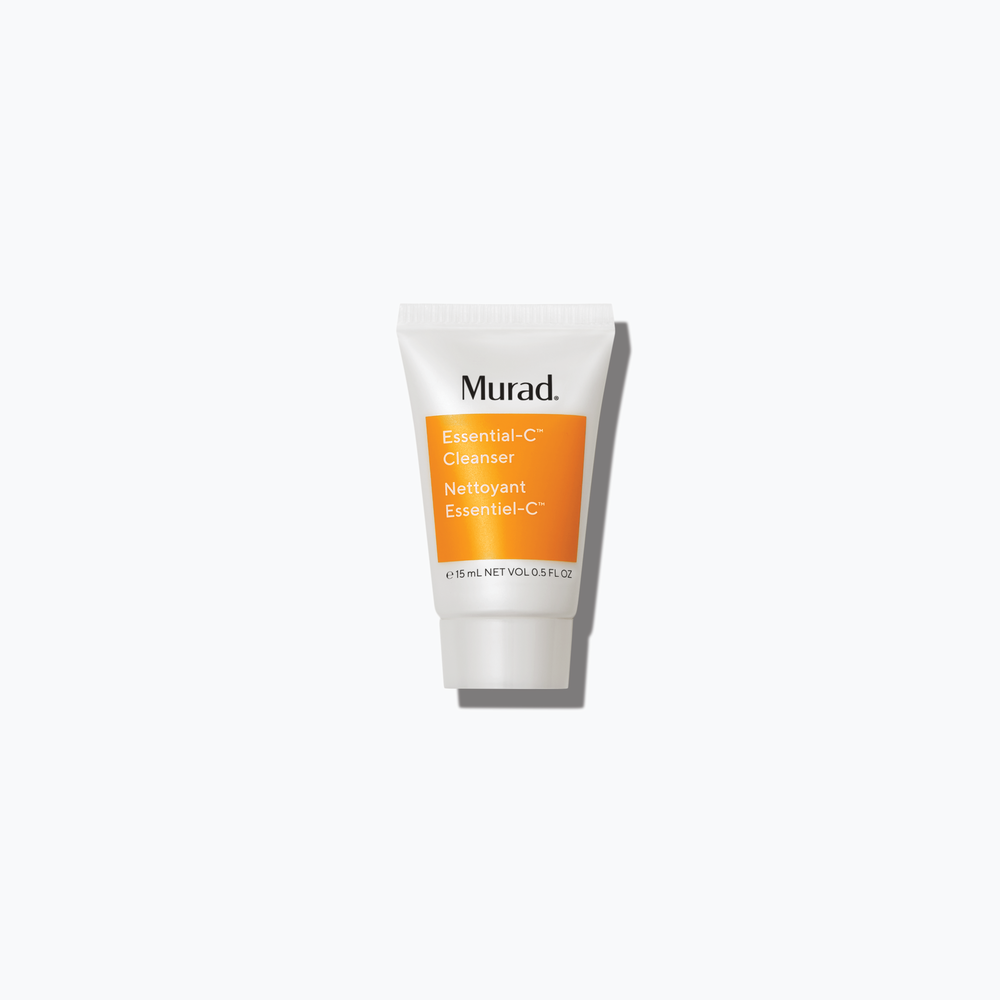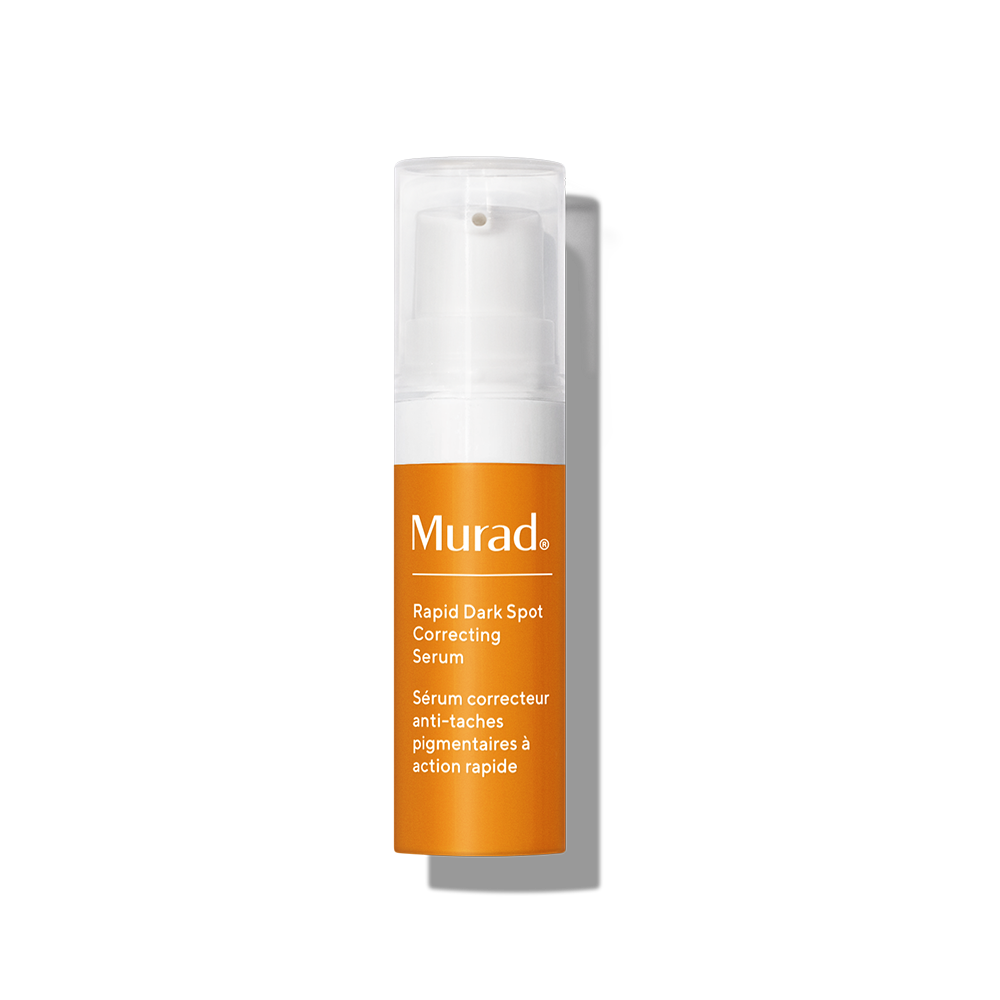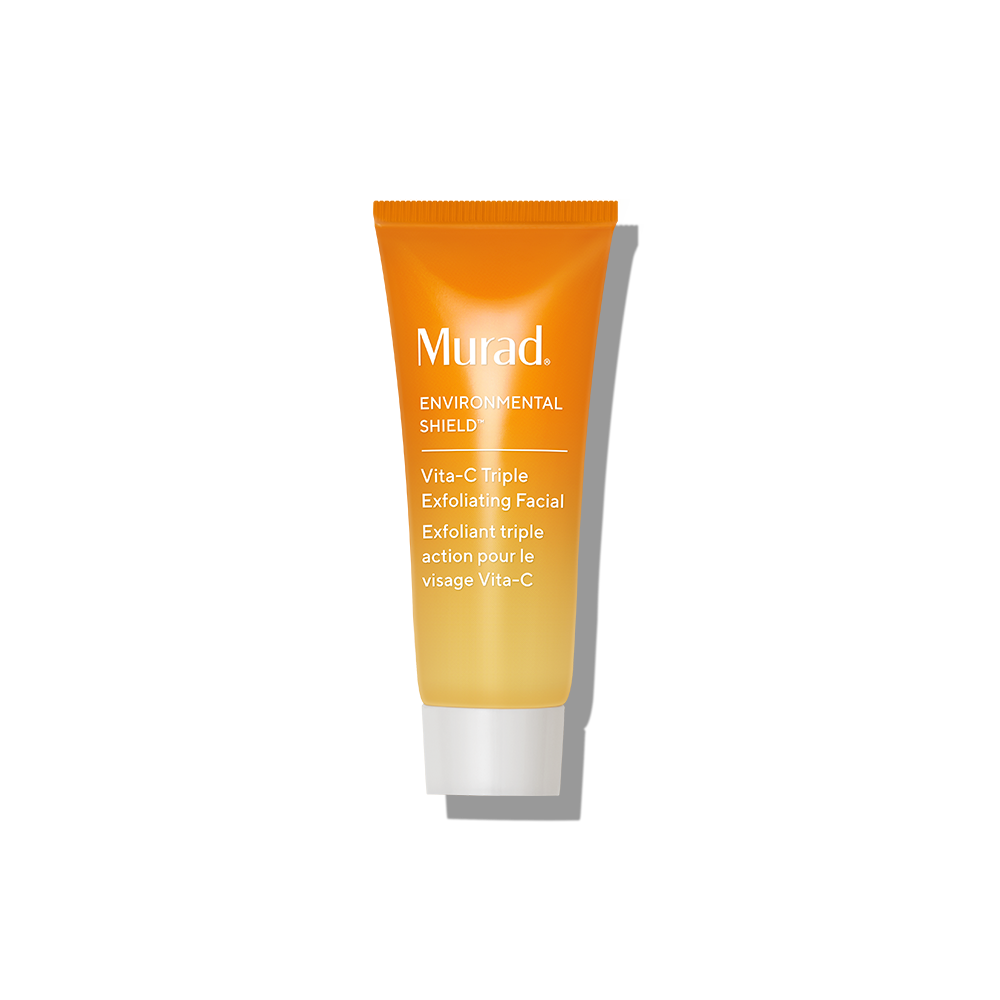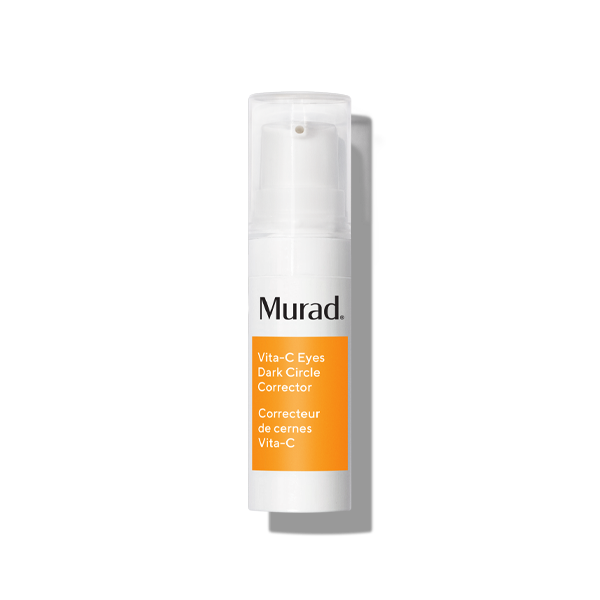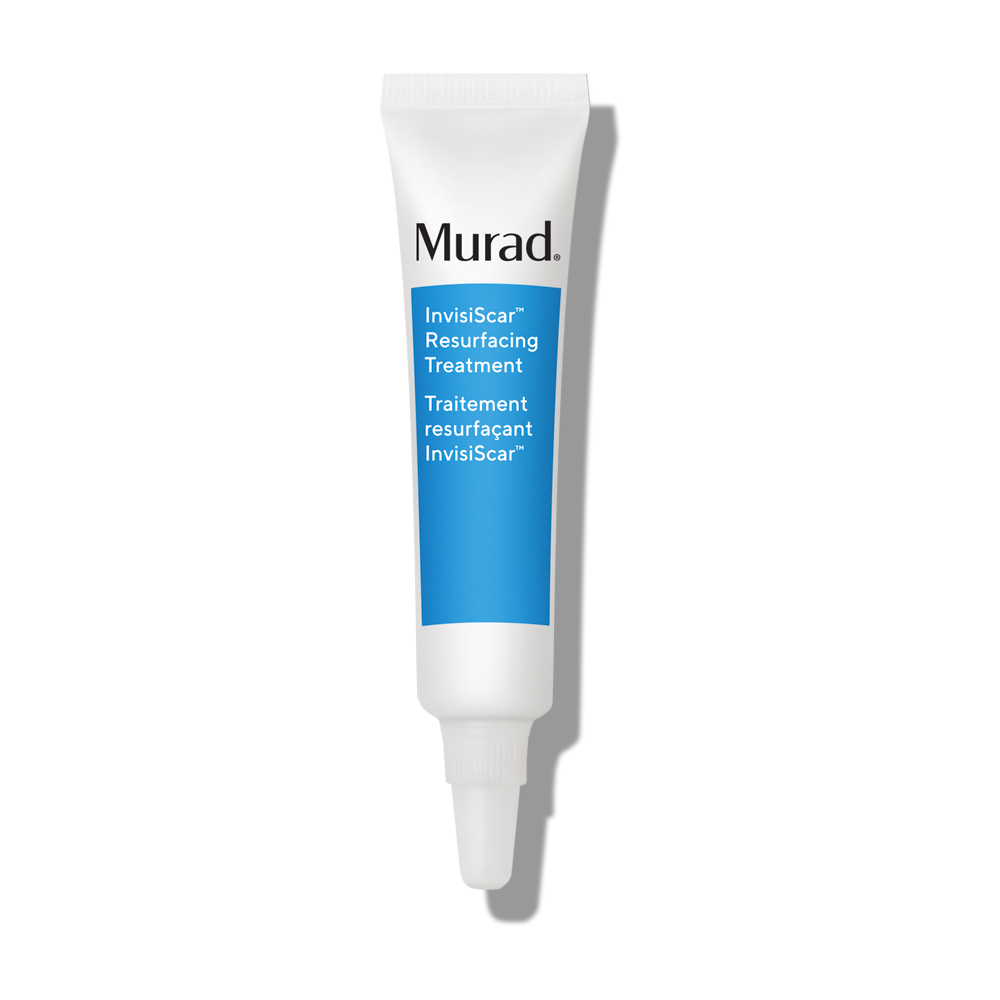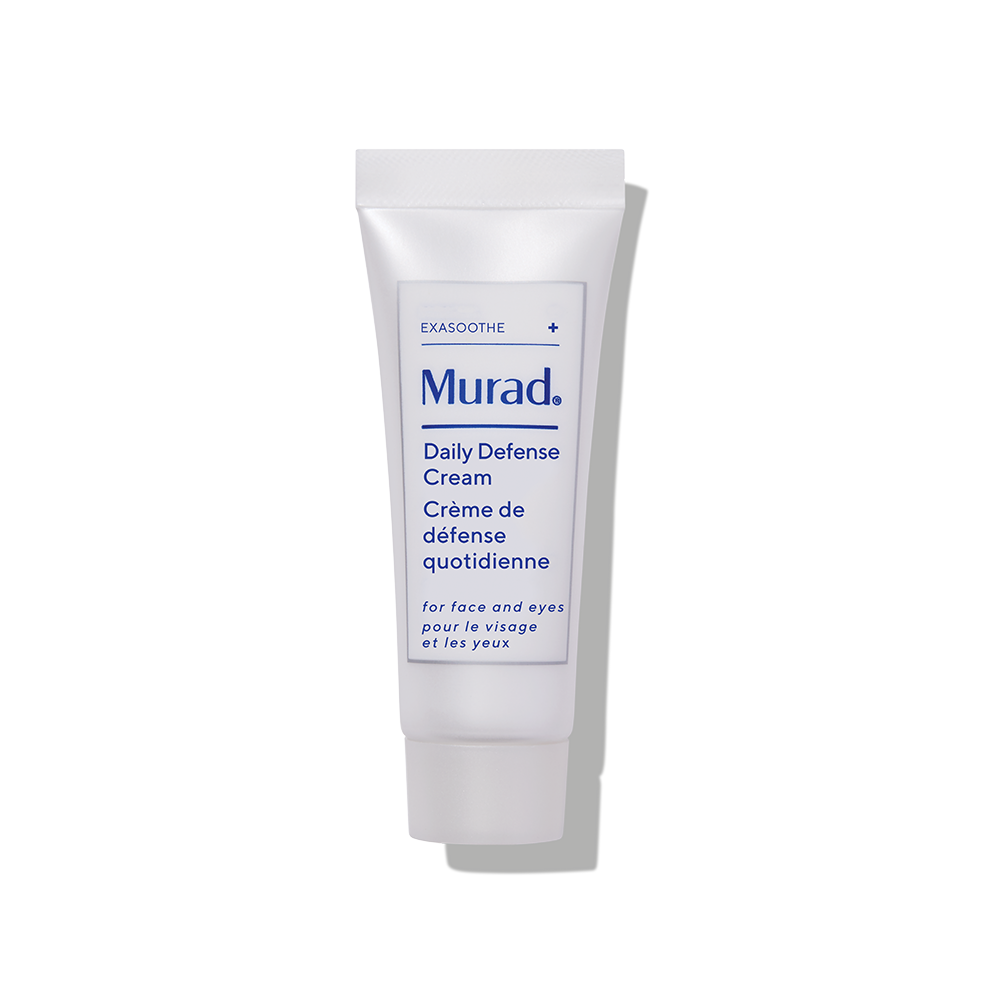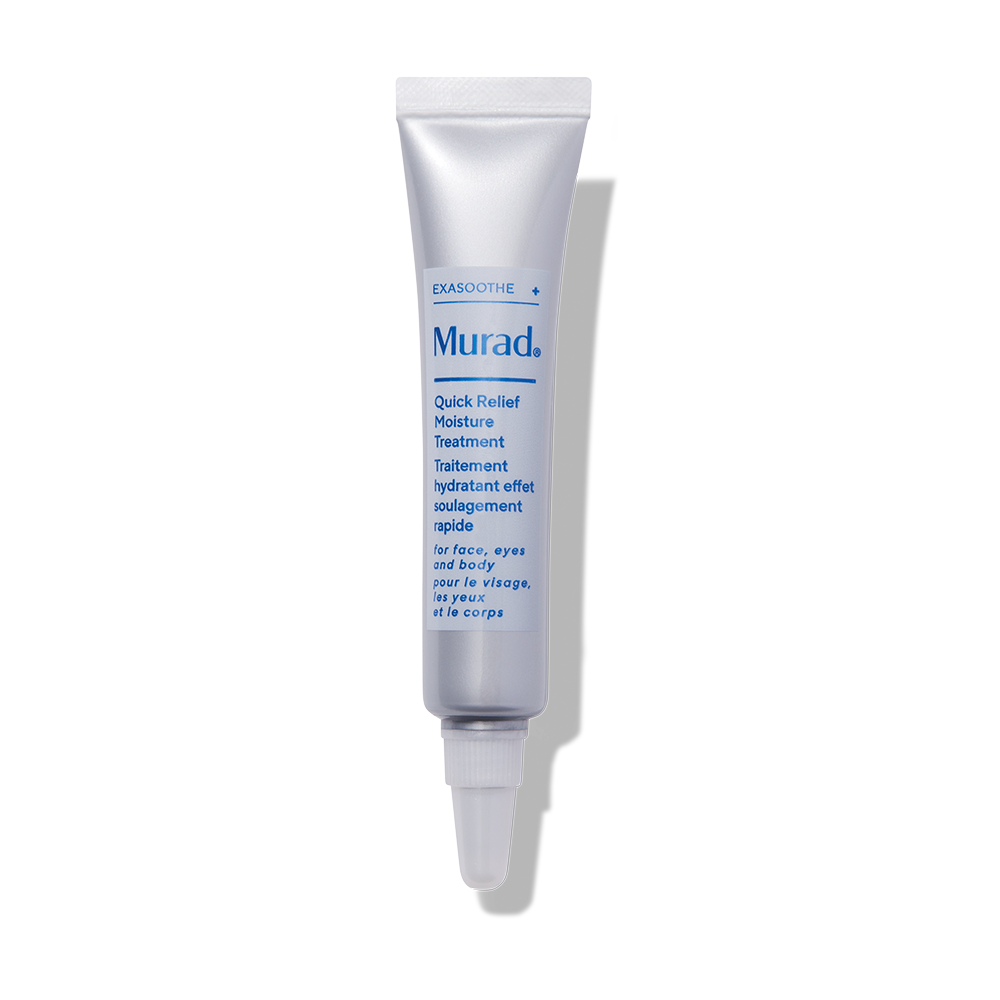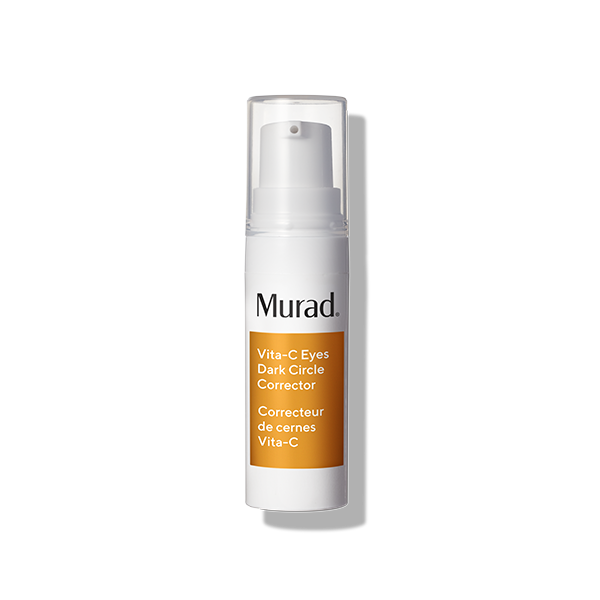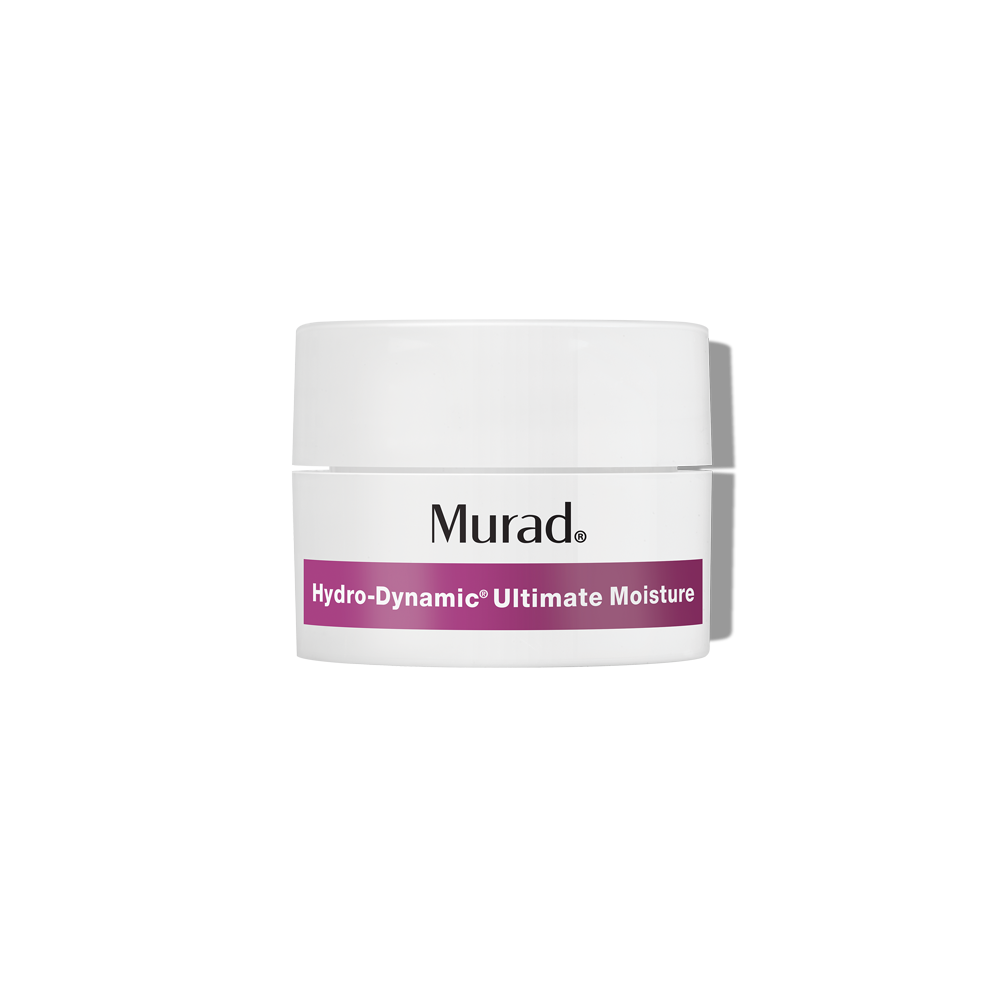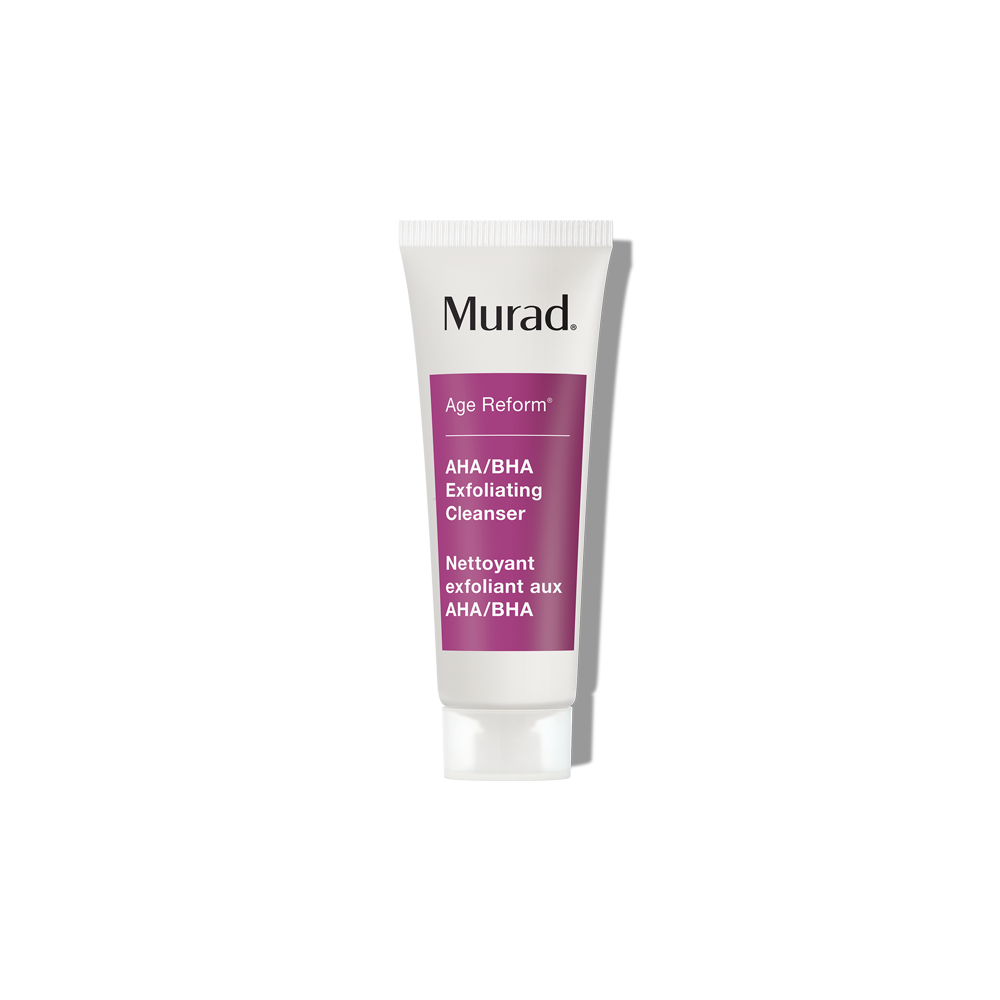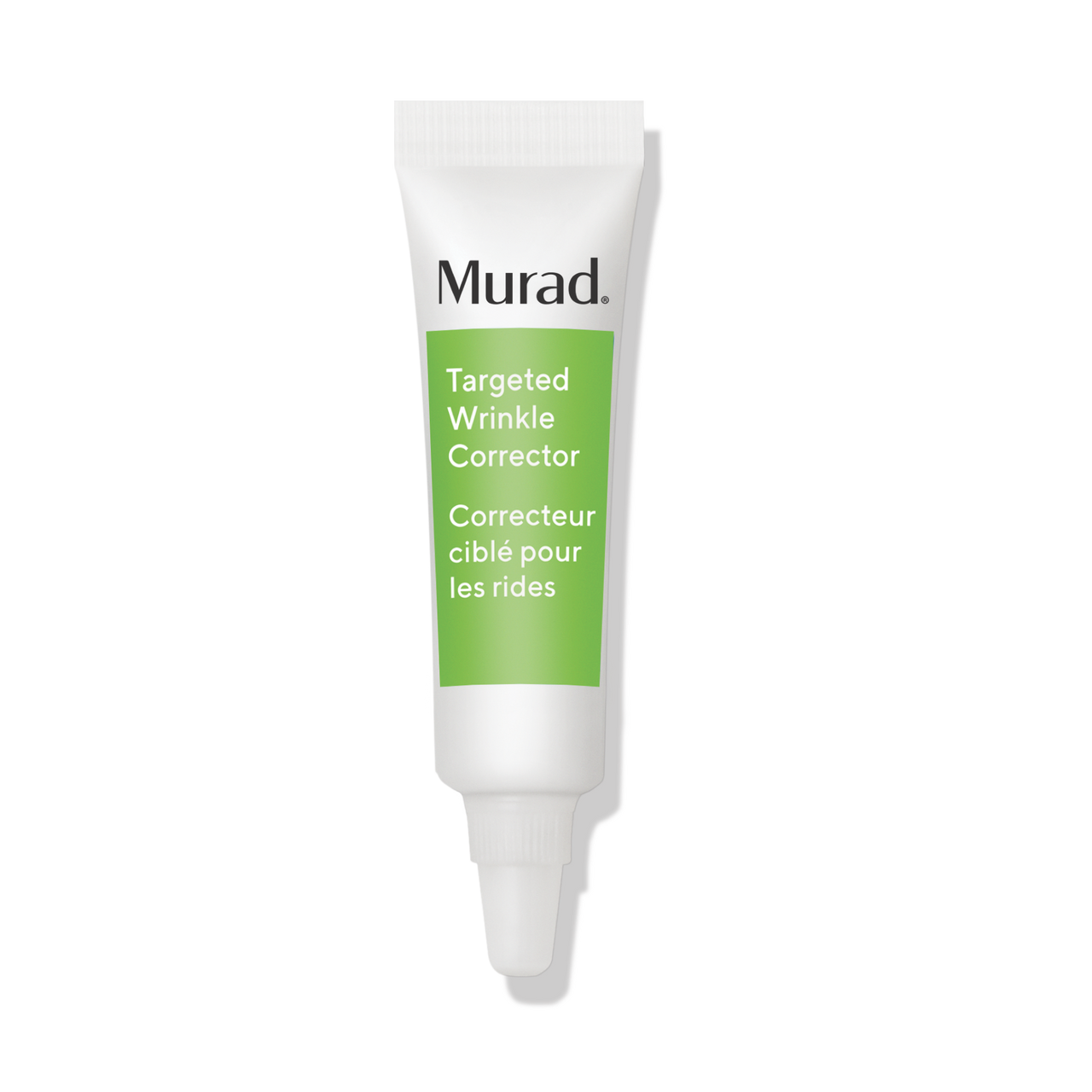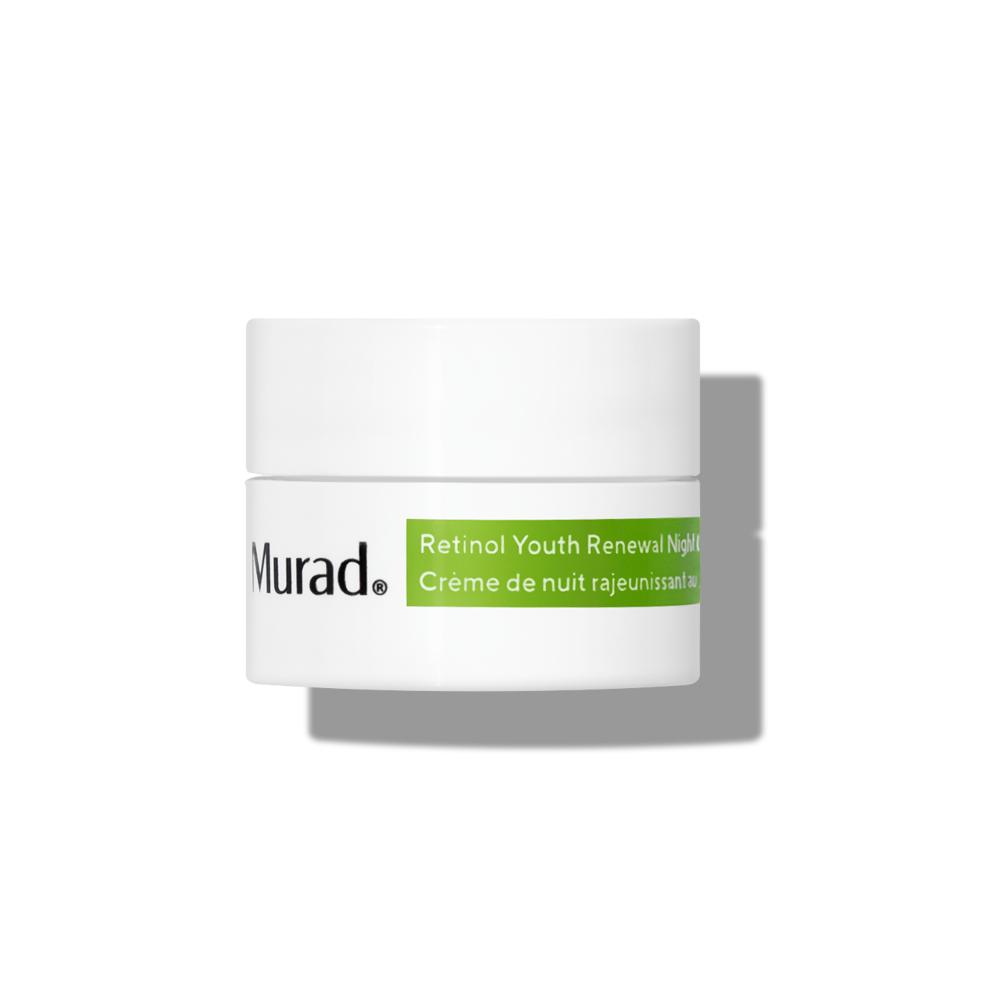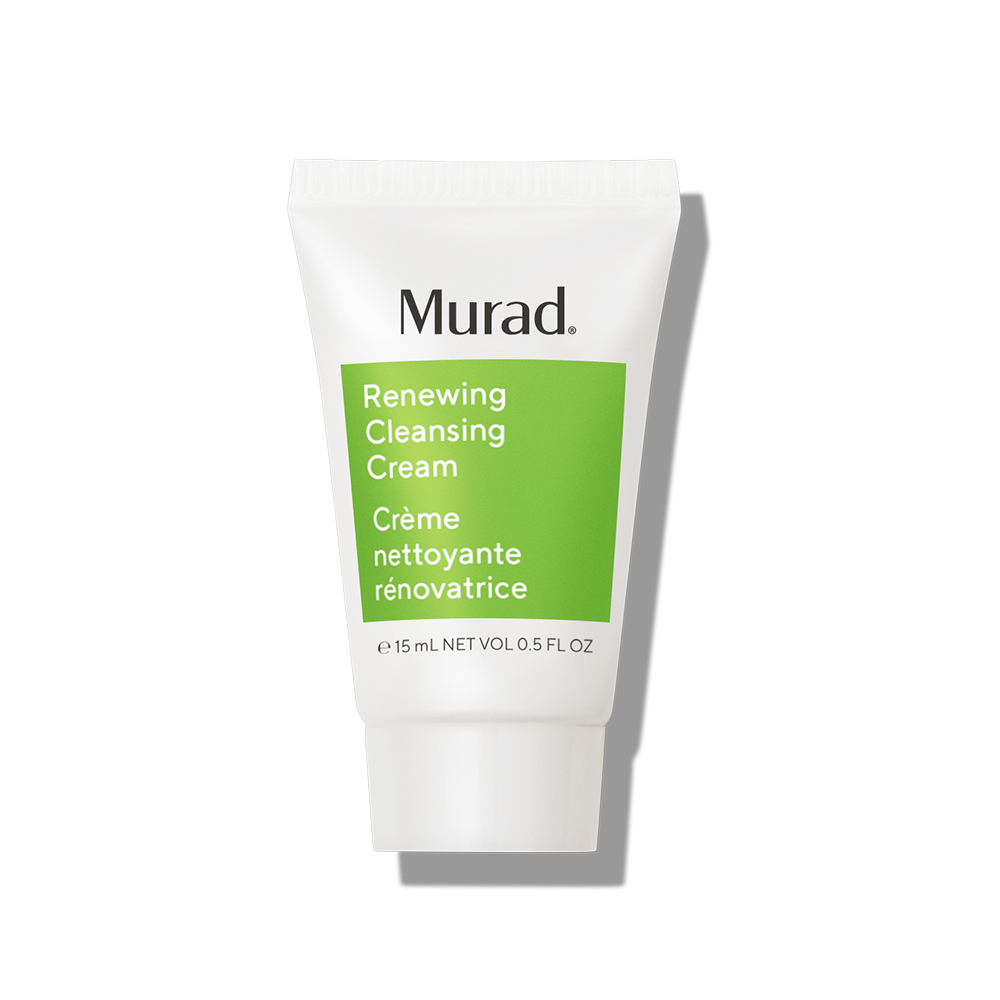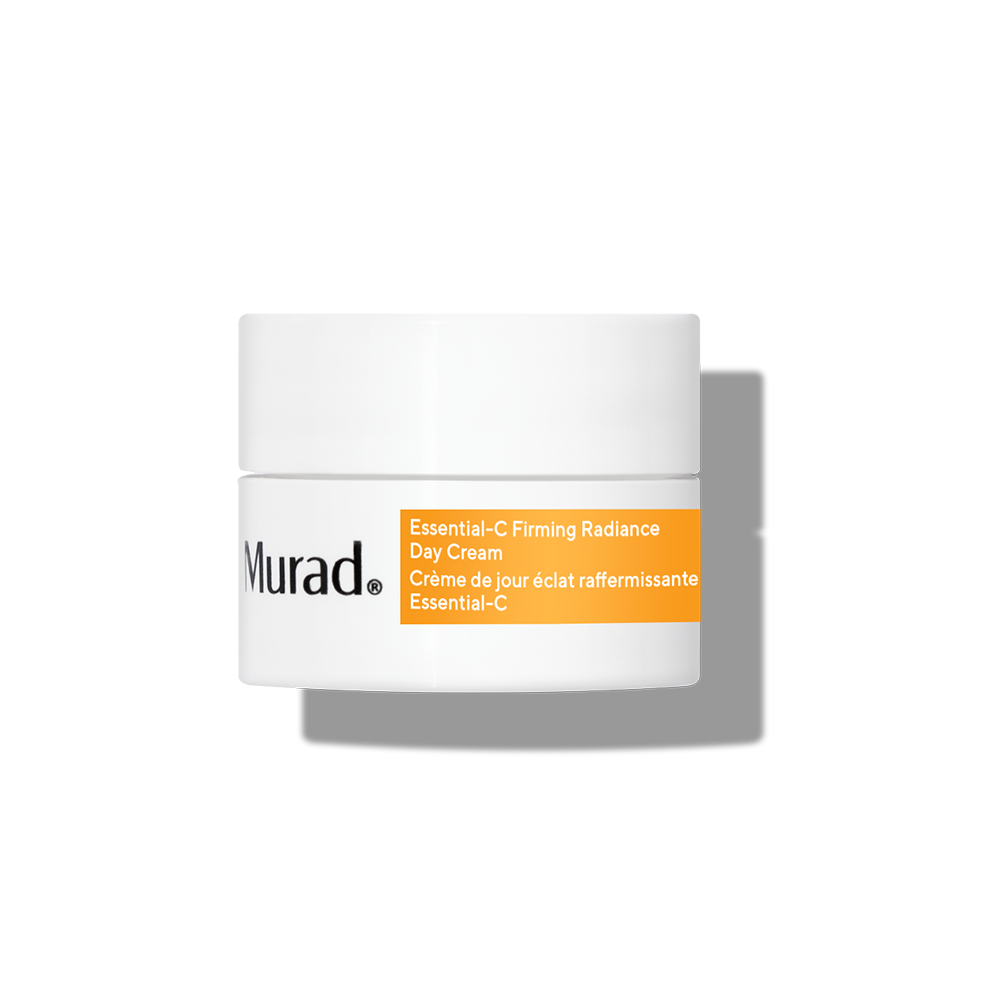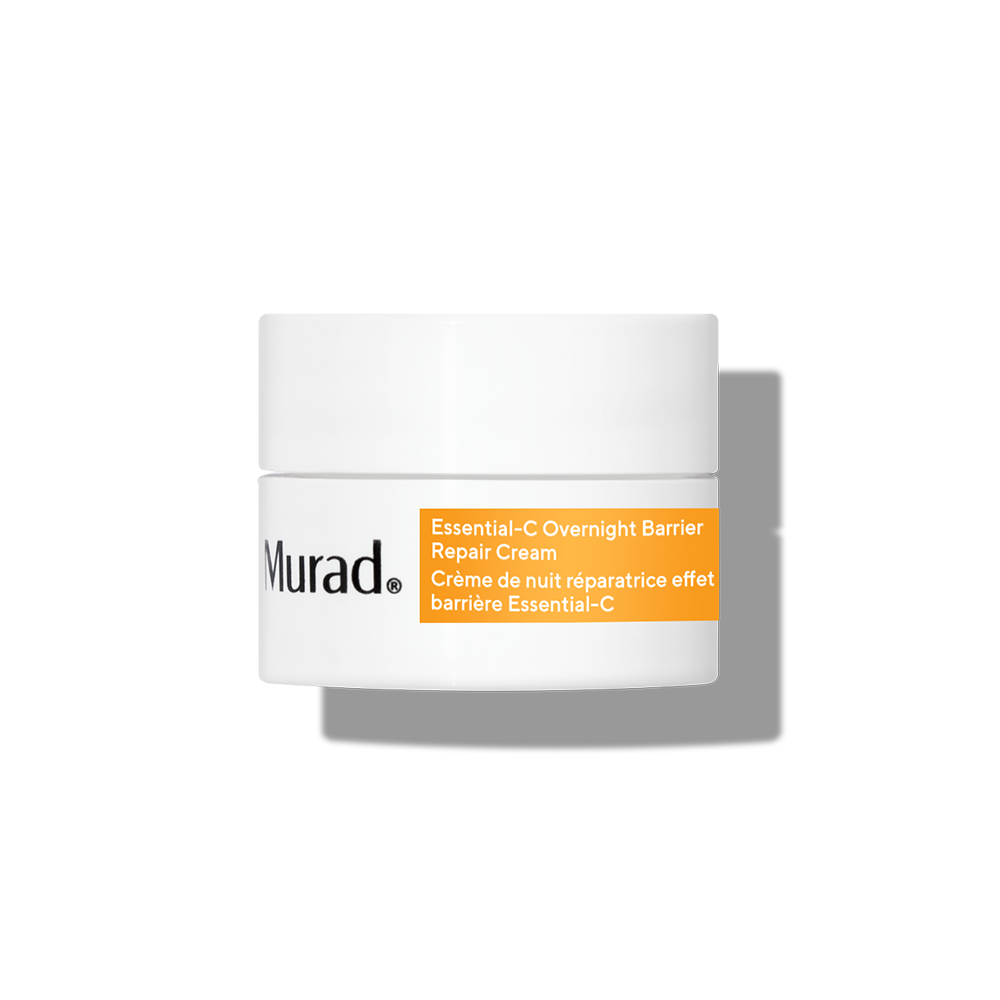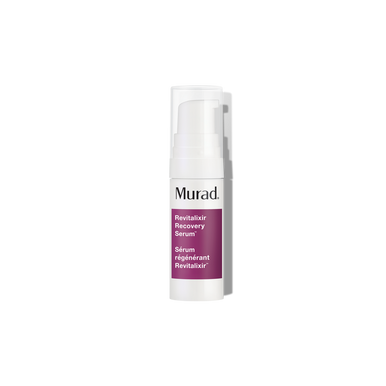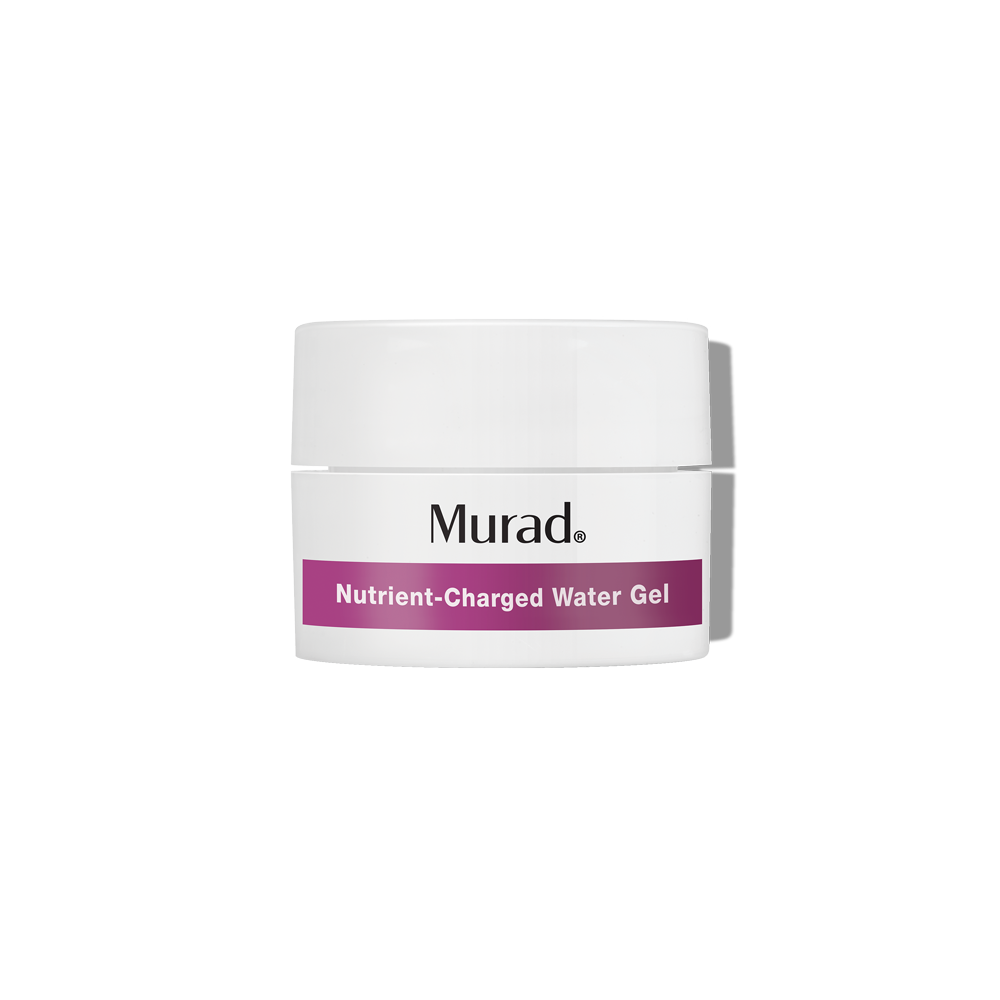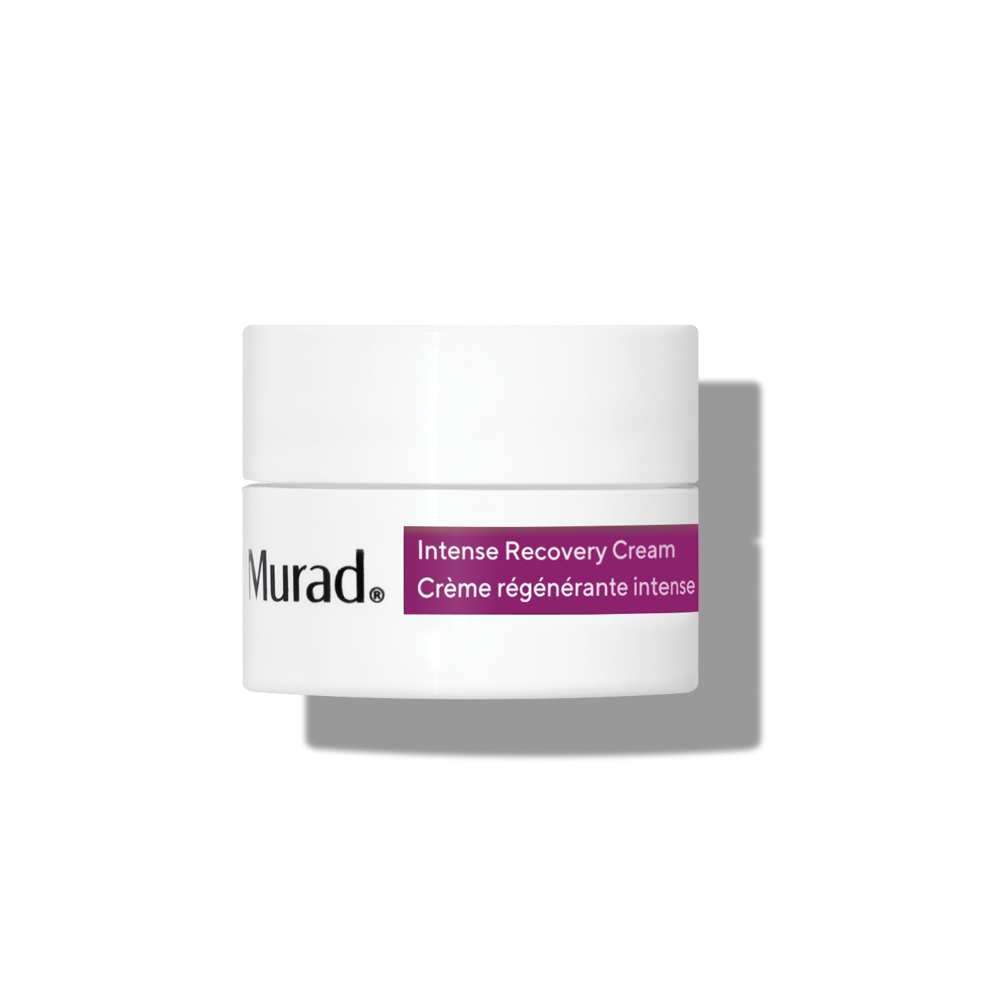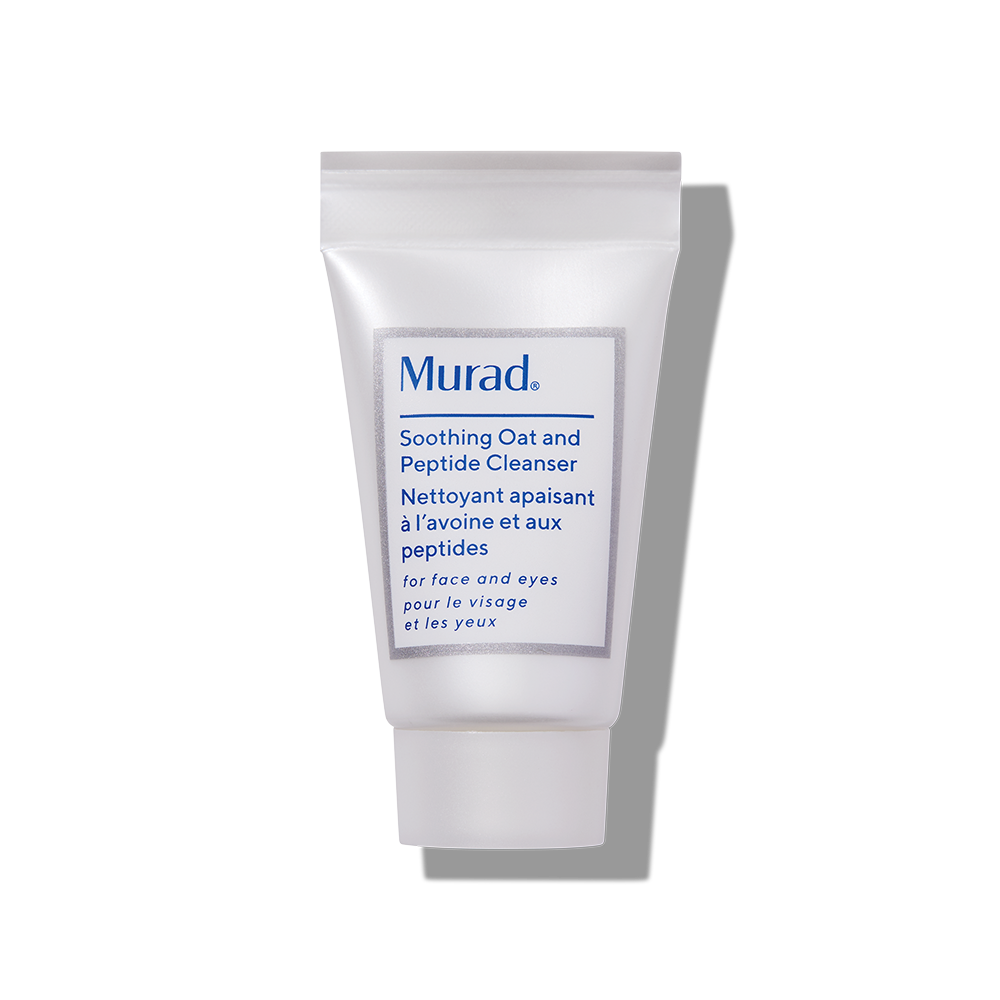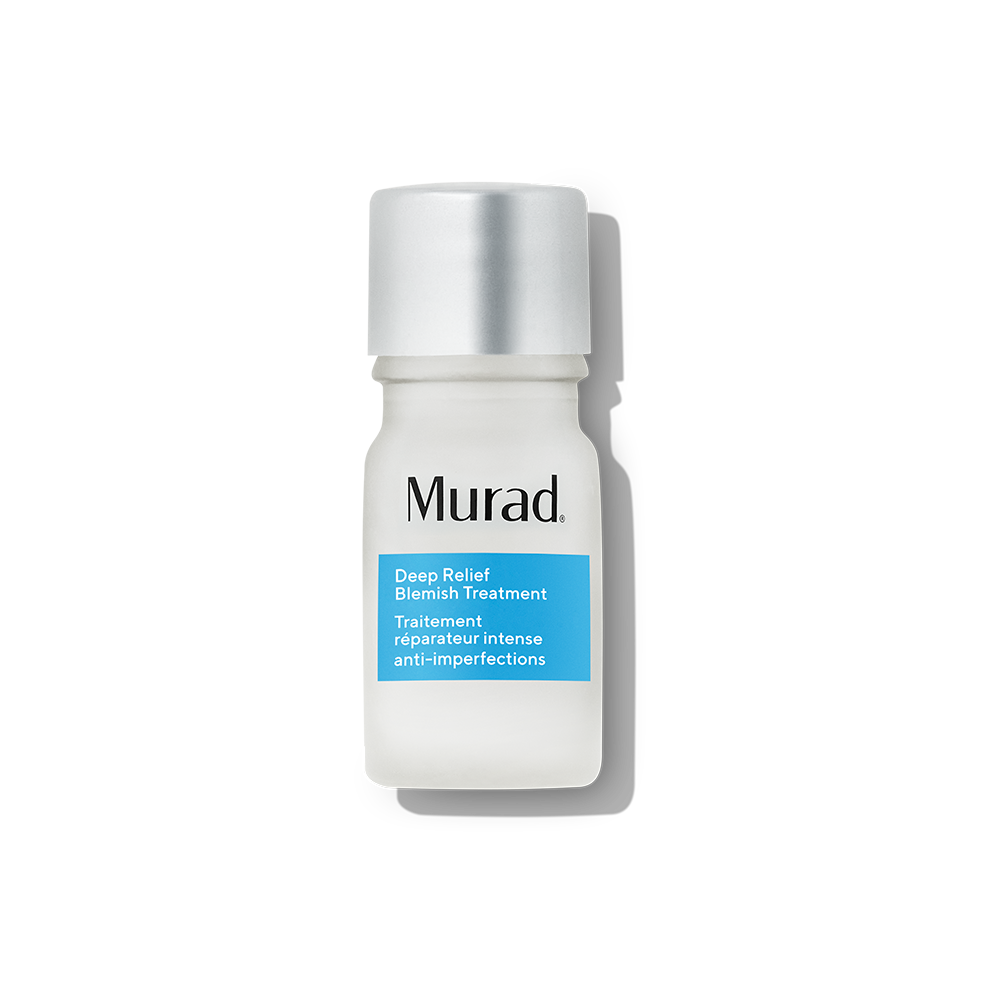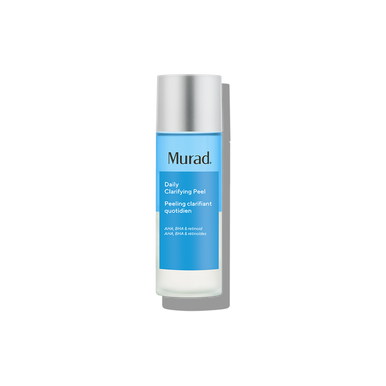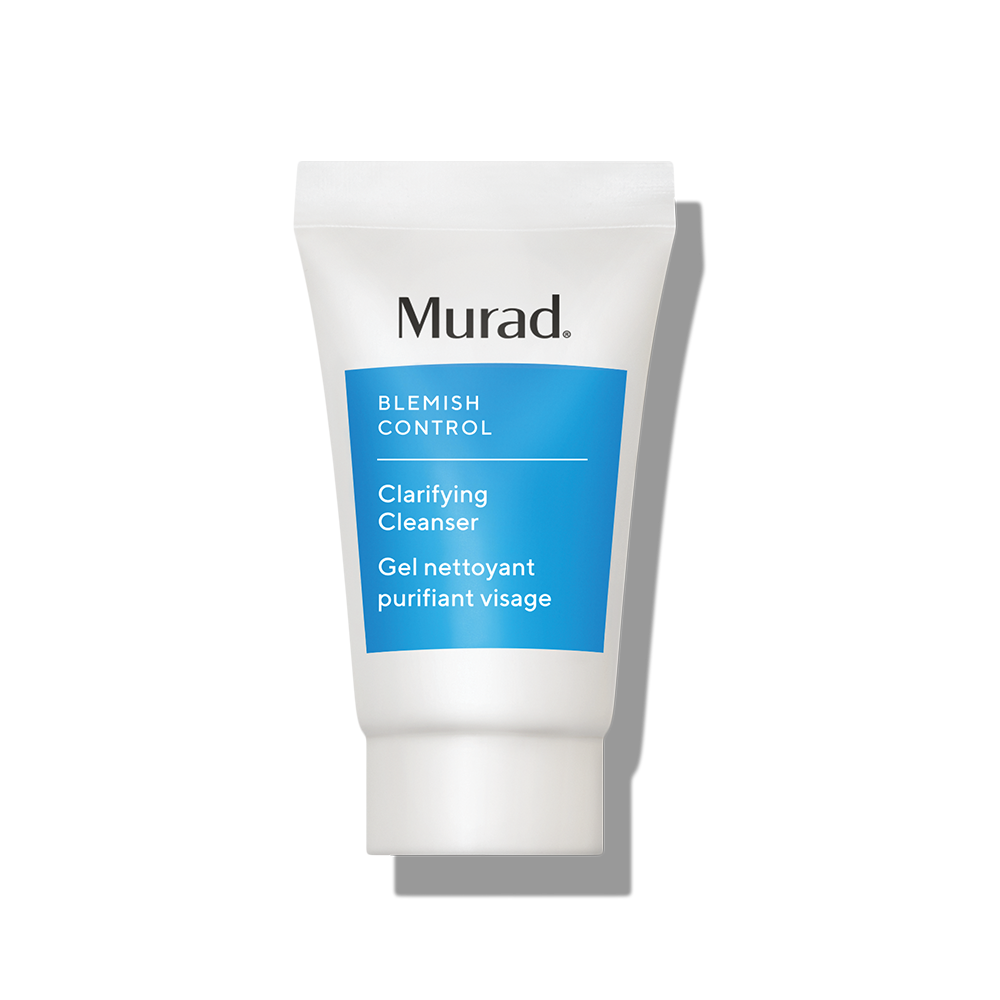The Emotional Effects of Blemishes & Scars
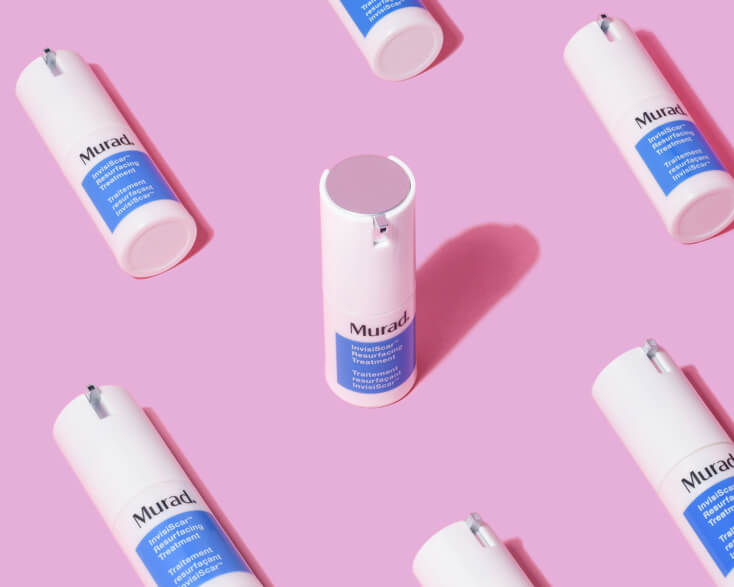
Anyone who’s had a breakout knows it can be emotionally devastating. While there are limitless options available to help treat a burgeoning pimple, consistent breakouts, and even post-blemsih scarring, there’s one thing you can’t find in an blemish treatment: a solution for the emotional impact of breakouts and scars. That’s why we asked Dr. Howard Murad (dermatologist, pharmacist, and founder of Murad Skincare) to share his holistic approach to clearing and controlling blemishes through skincare and selfcare.
What are the emotional effects of blemishes?
The psychological effects of facial scarring can include:
- Low self-esteem
- Social isolation
- Anger
- Anxiety
- Increased stress
- Depression
- Poor body image
- Poor self-image
- Frustration
Unfortunately, all these emotions can create a vicious cycle that exacerbates blemishes, only to lead to more emotional stress and potential post-blemish scarring.
What are the different types of blemish scars and marks?
Post-blemish scars are textured or indented areas where the surface of your skin has changed because of acne. If the scar isn’t filled, the result is an atrophic (indented) scar, also known as “indented icepick,” “boxcar,” or “rolling scar.”
- Icepick scars: Deep and narrow
- Boxcar scars: Wider than icepick scars at the surface; round, oval scars with sharp edges
- Rolling scars: wider, with shadowing and texture that gives a “rolling” appearance to skin
Post-blemish dark spots (also referred to as post-inflammatory hyperpigmentation) are areas where scarring has caused an increase in melanin. The deeper the inflammation, the darker the mark, and the harder to treat.
Do blemishes always leave scars?
“Not all blemishes leaves scars,” says Dr. Murad. “The best way to prevent blemish scars is to minimise and eventually clear your breakouts with an effective blemish regimen. However, while you’re experiencing breakouts, don’t pick at your blemishes, which will increase your chances of getting blemish scars.”
What can be done to ease the emotional effects of blemishes?
Dr. Murad identifies all-too-well with the emotional effects of blemishes. “I suffered with acne as a teen. When my patients come to me for help with their blemishes and post-blemish scars, I know they’re in need of much more than a skincare regimen. They need a more holistic approach that includes lifestyle, nutrition, and emotional support.” To ease the emotional effects of blemishes, Dr. Murad recommends following his four pillars of wellness: eat your water, be kind to your mind, awaken your body, and nourish your skin.
Eat your water: A diet that consists of water-rich fruits and vegetables that are packed with antioxidants will support the health of your entire body, and that includes your skin.
Be kind to your mind: Stress is no friend to blemishes. Setting aside time each day for activities that help calm your nervous system, such as baking, drawing, listening to music, spending time with a pet, etc., can help bring stress levels down which will benefit the health of your skin.
Awaken your body: Breakouts are often caused by inflammation. Exercise helps increase blood flow and decrease cortisol levels, which can lower your inflammation to help keep breakouts at bay. (Just don’t forget to remove your makeup before a workout session, and cleanse thoroughly afterward to remove pore-clogging buildup!)
Nourish your skin: Managing blemishes doesn’t have to be a 10-step skincare process. Cleansing, toning, hydrating, and applying SPF during the day can help keep your pores clear and keep breakouts away. For post-blemish scars, we recommend InvisiScar™ Resurfacing Treatment to help blur and fill scars while minimising scar depth and discolouration in just 8 weeks.
